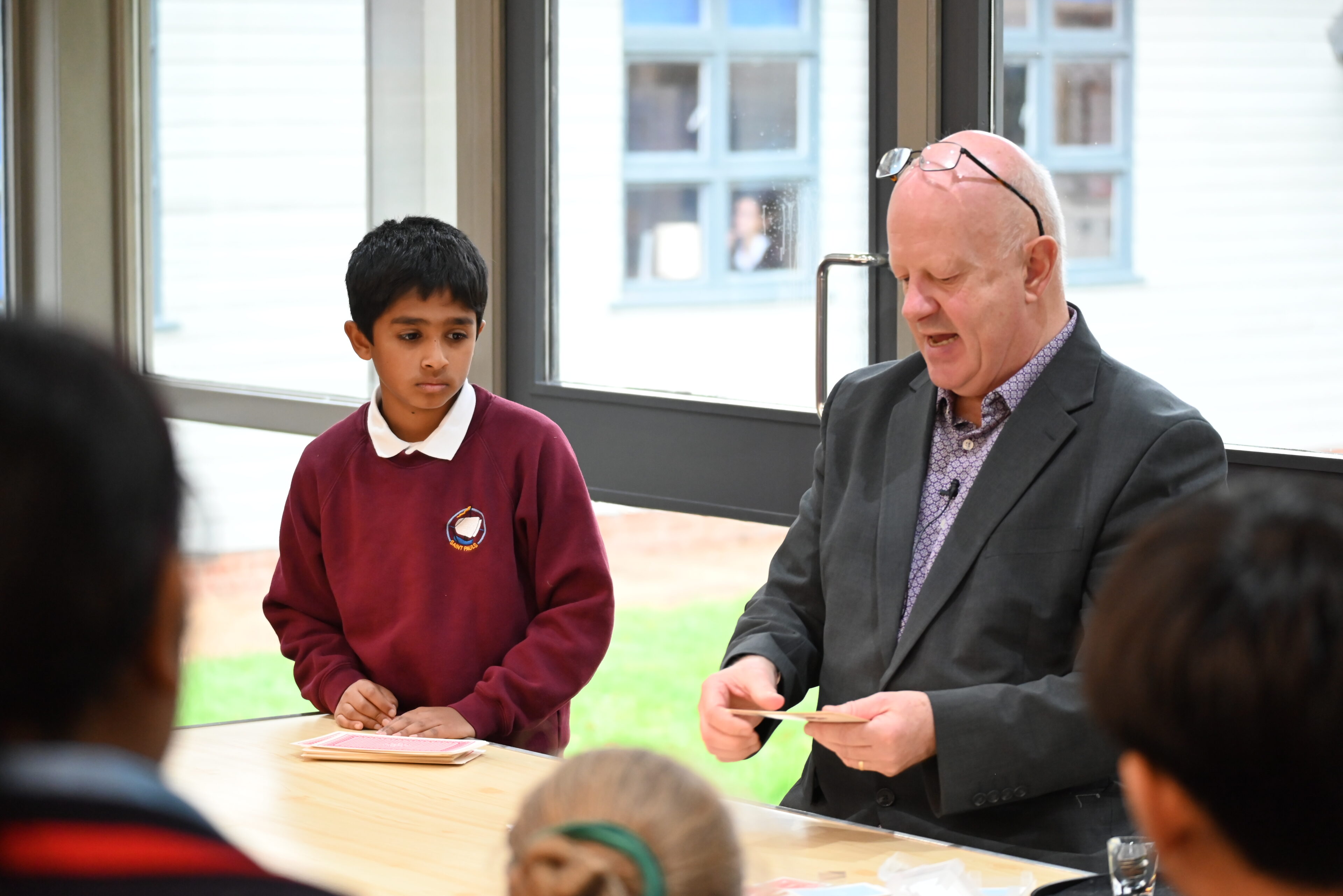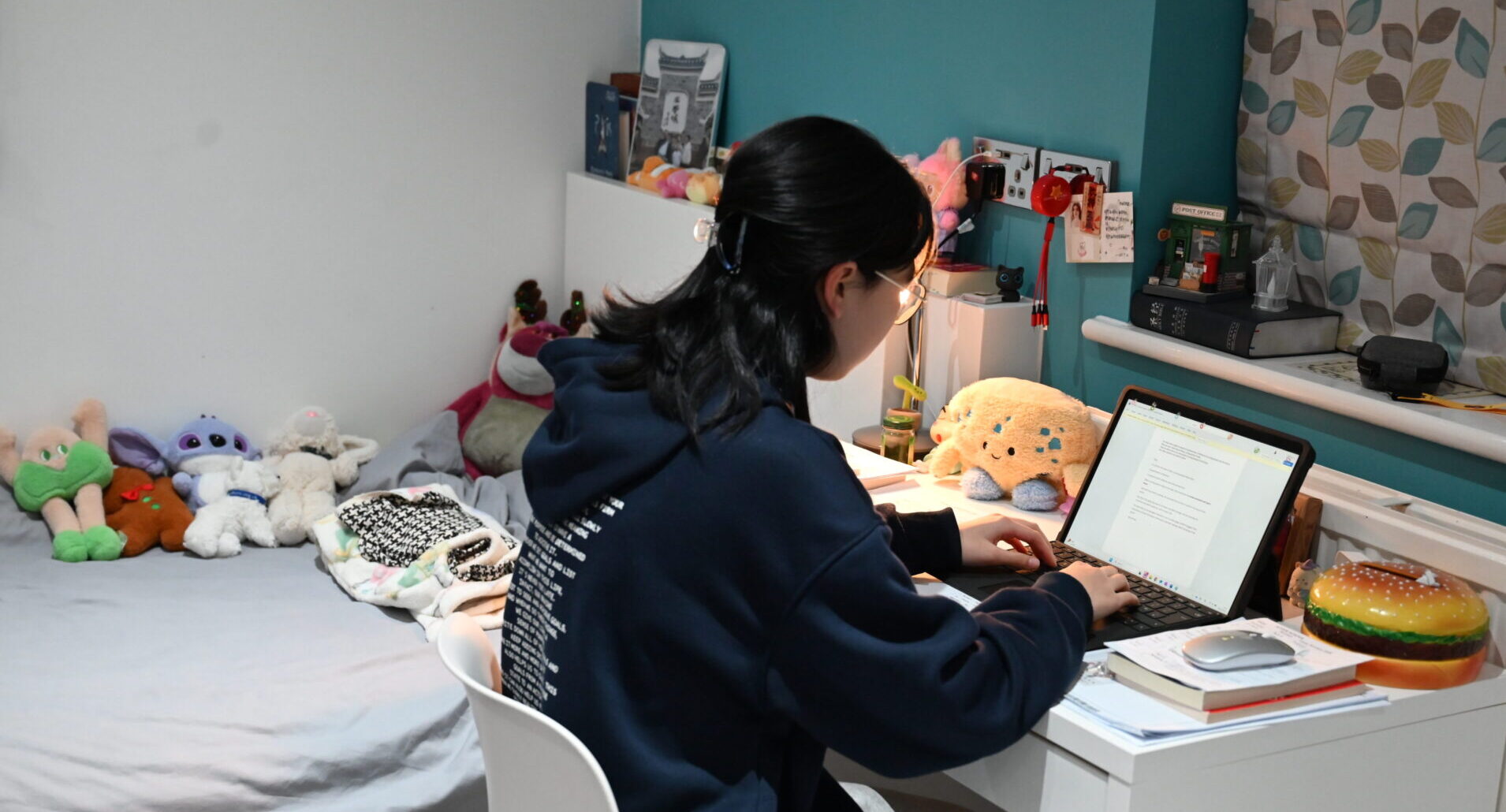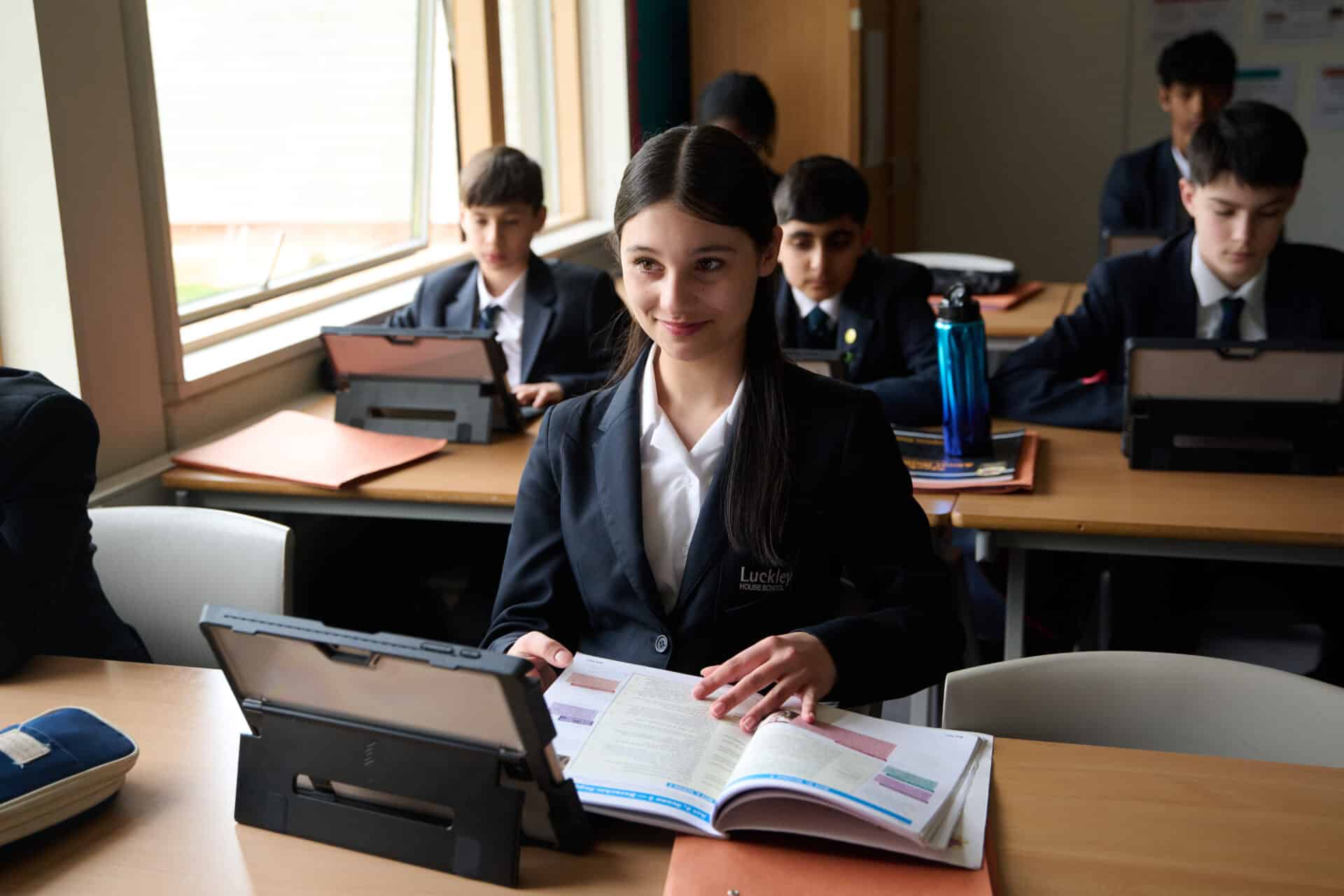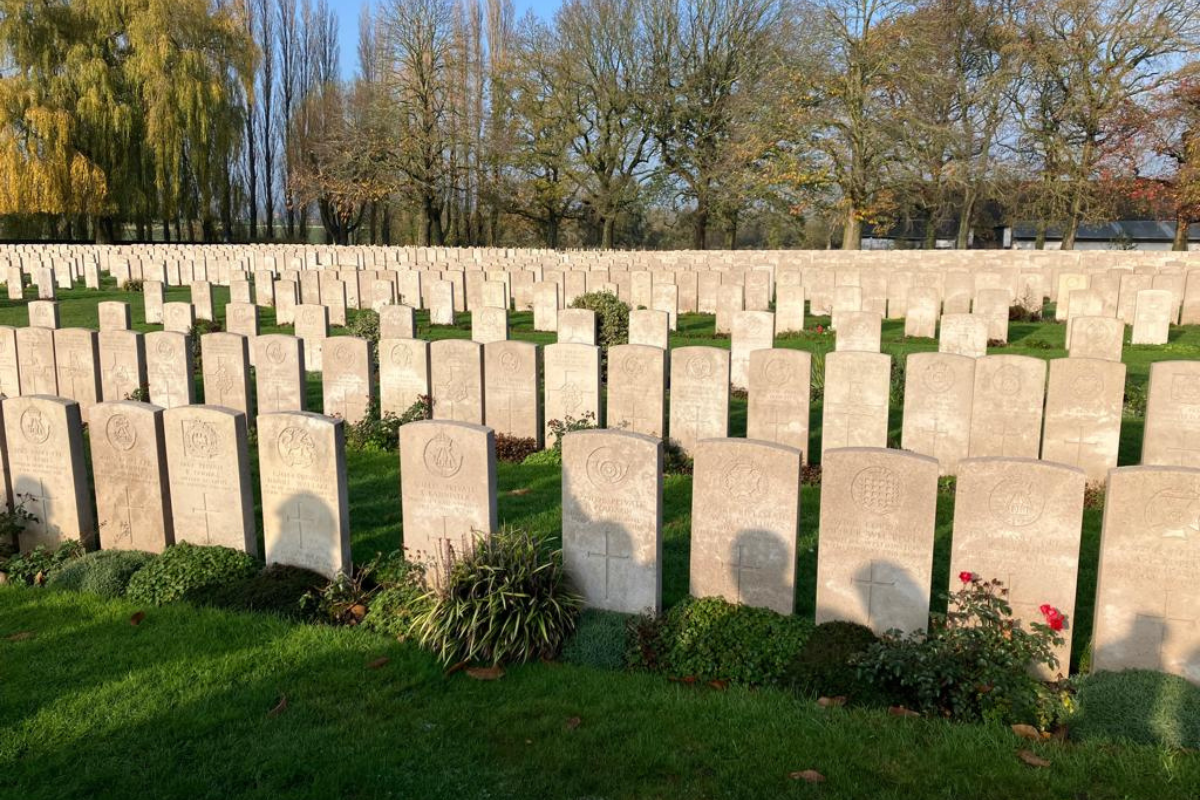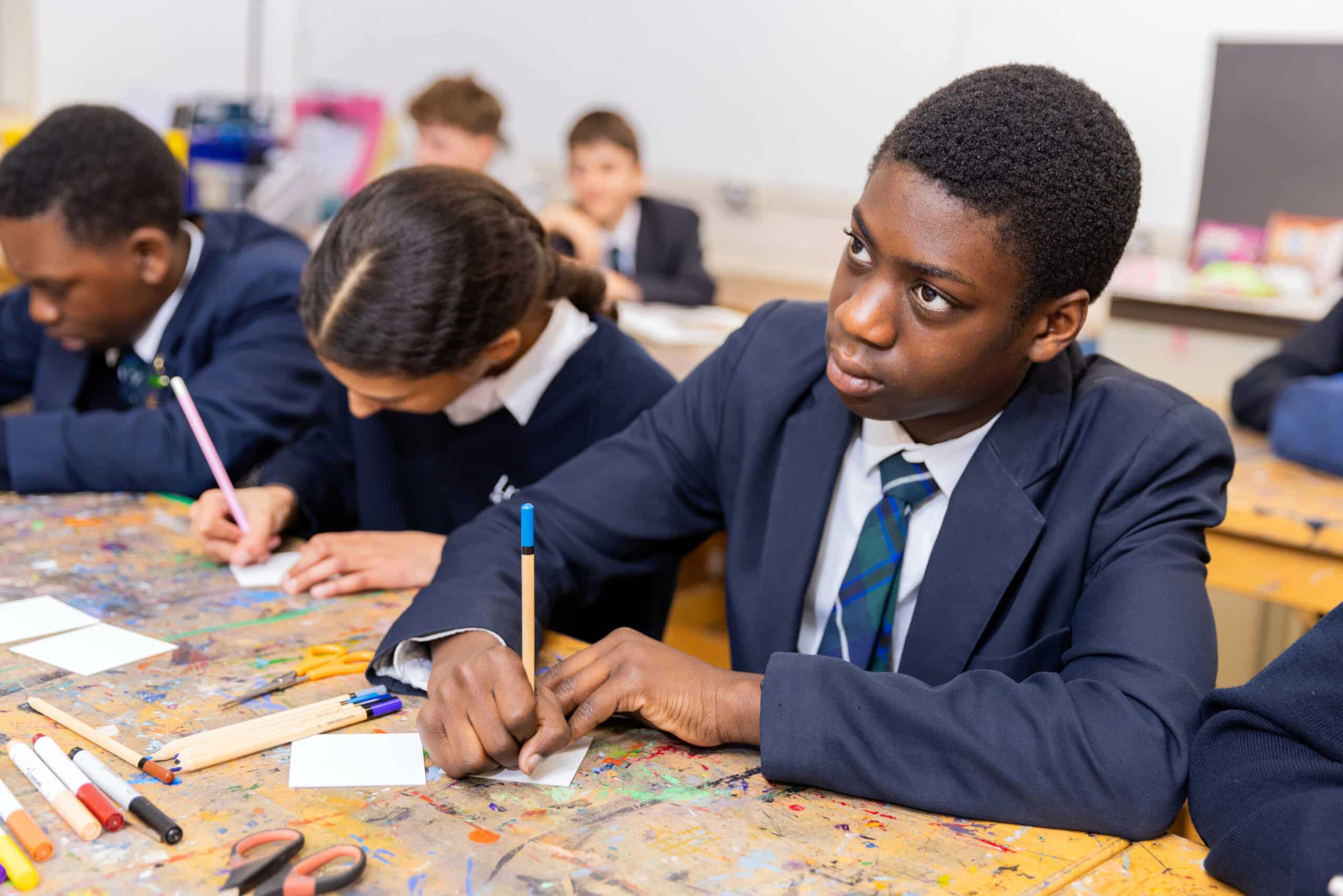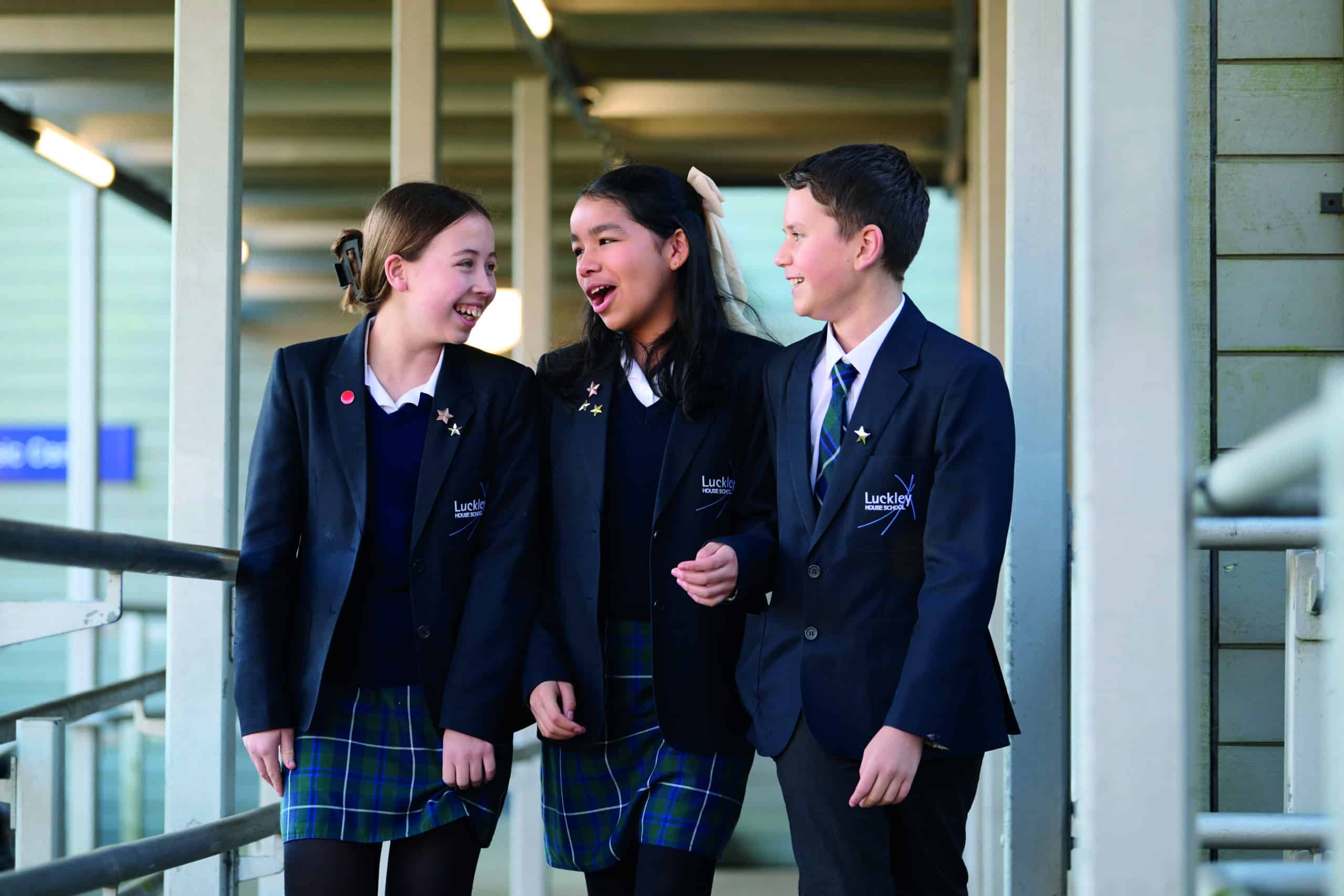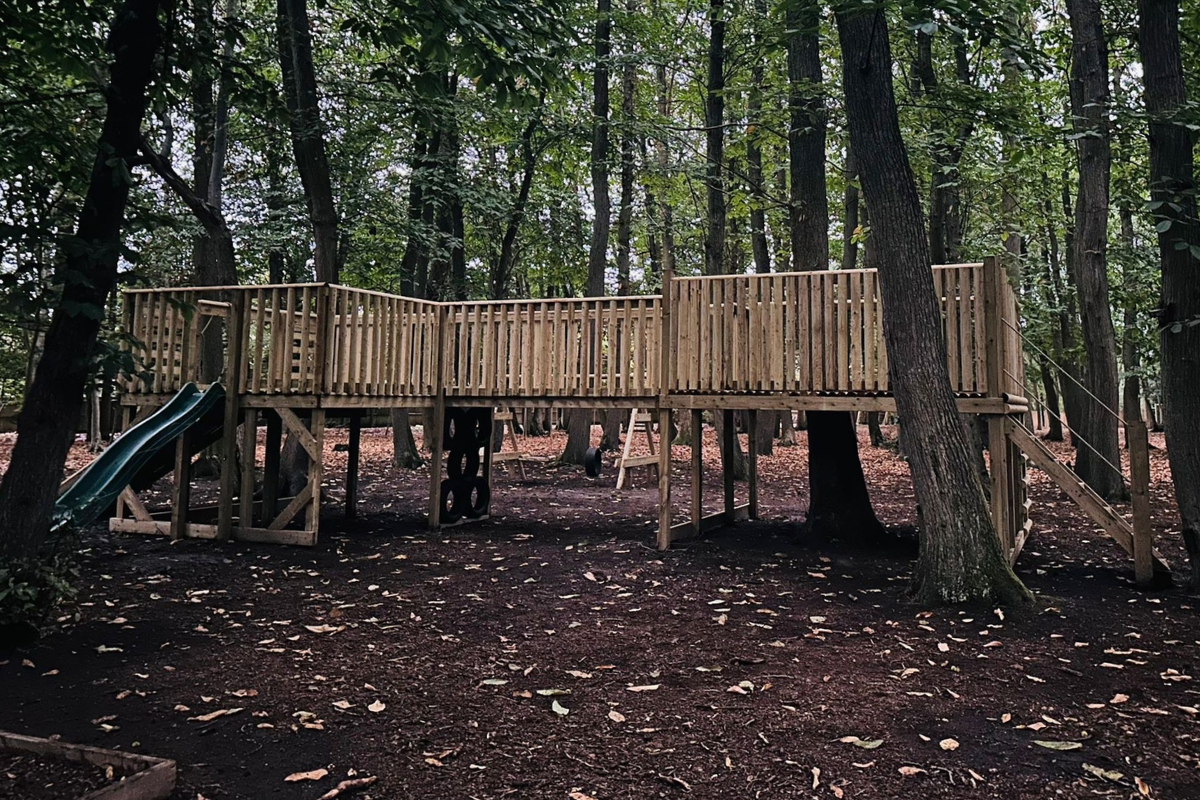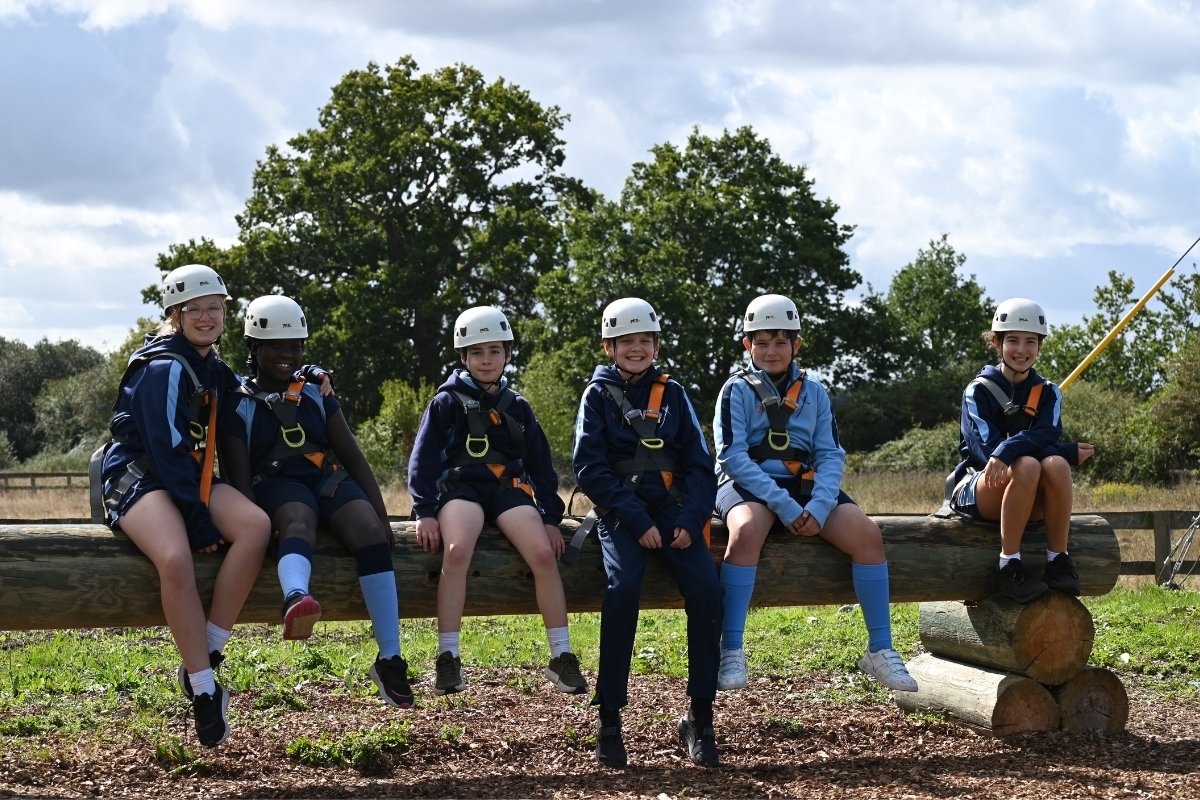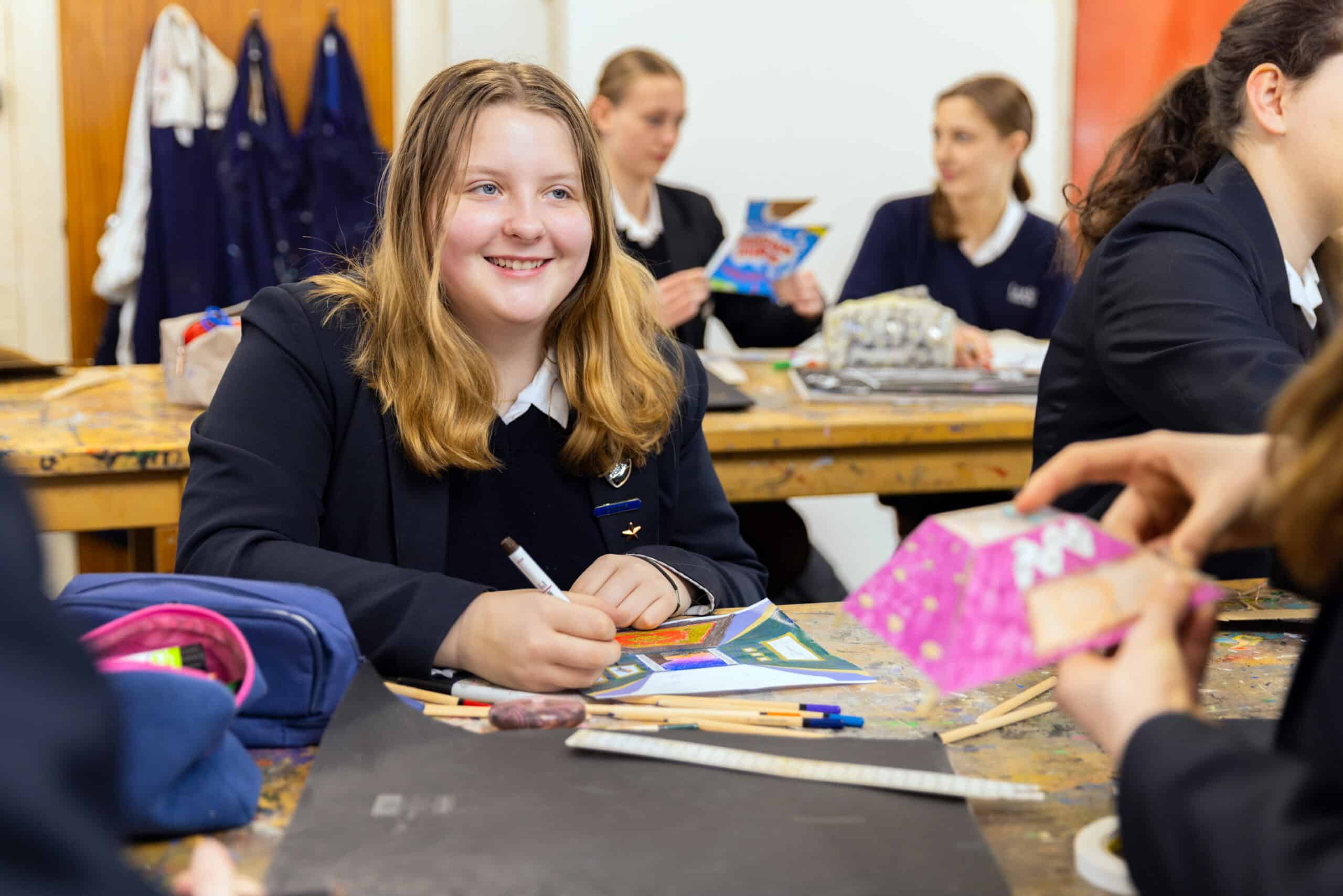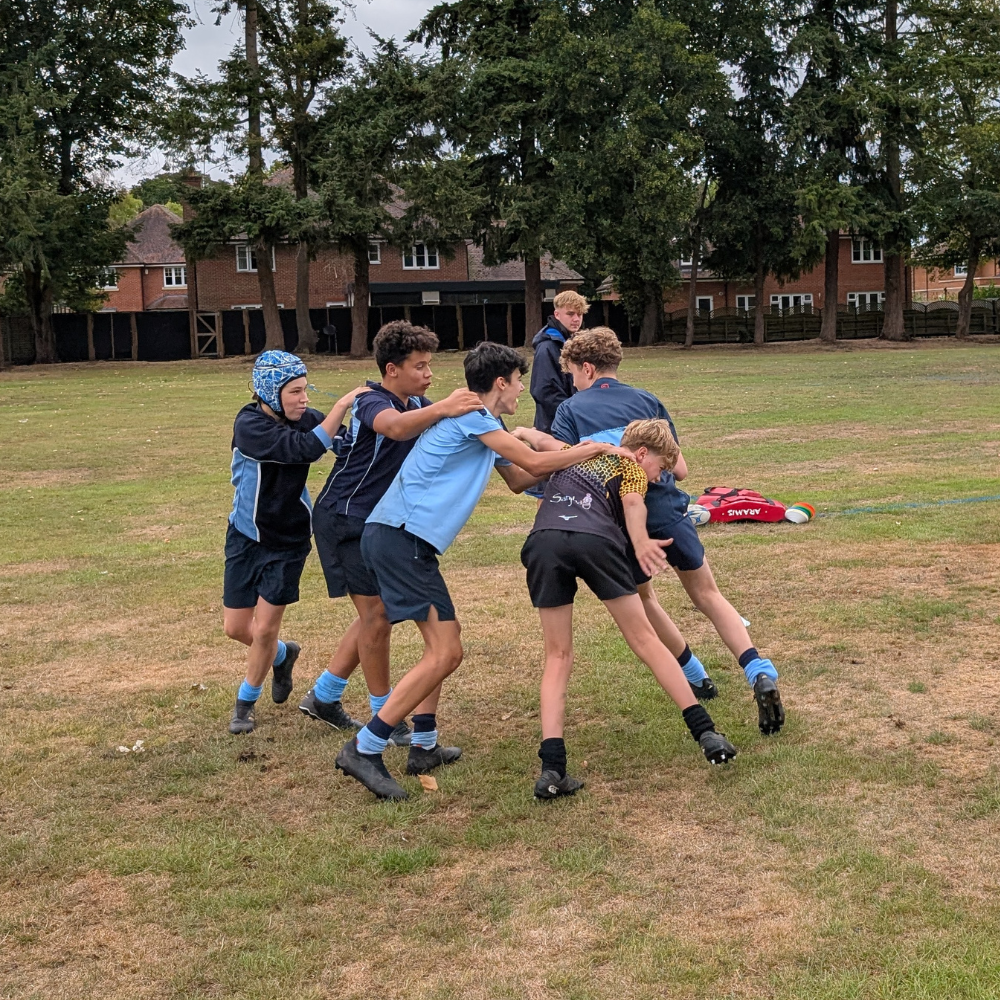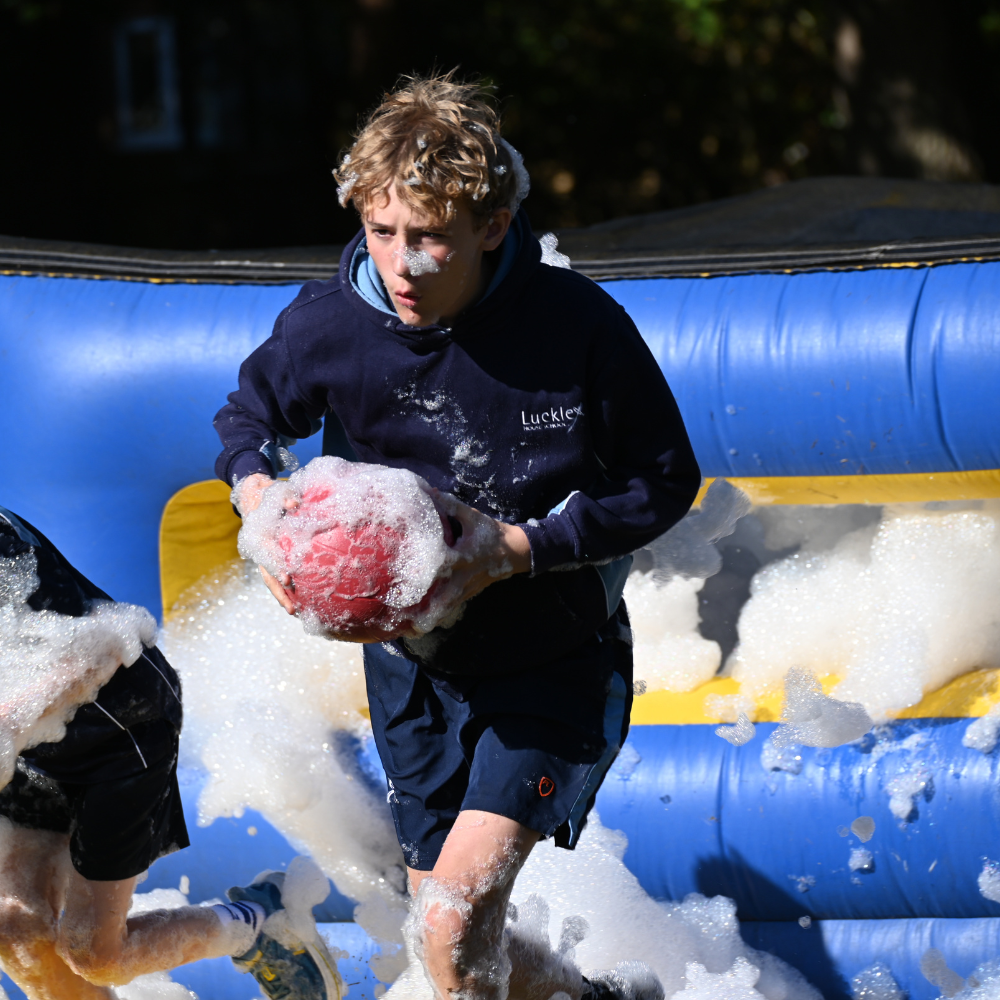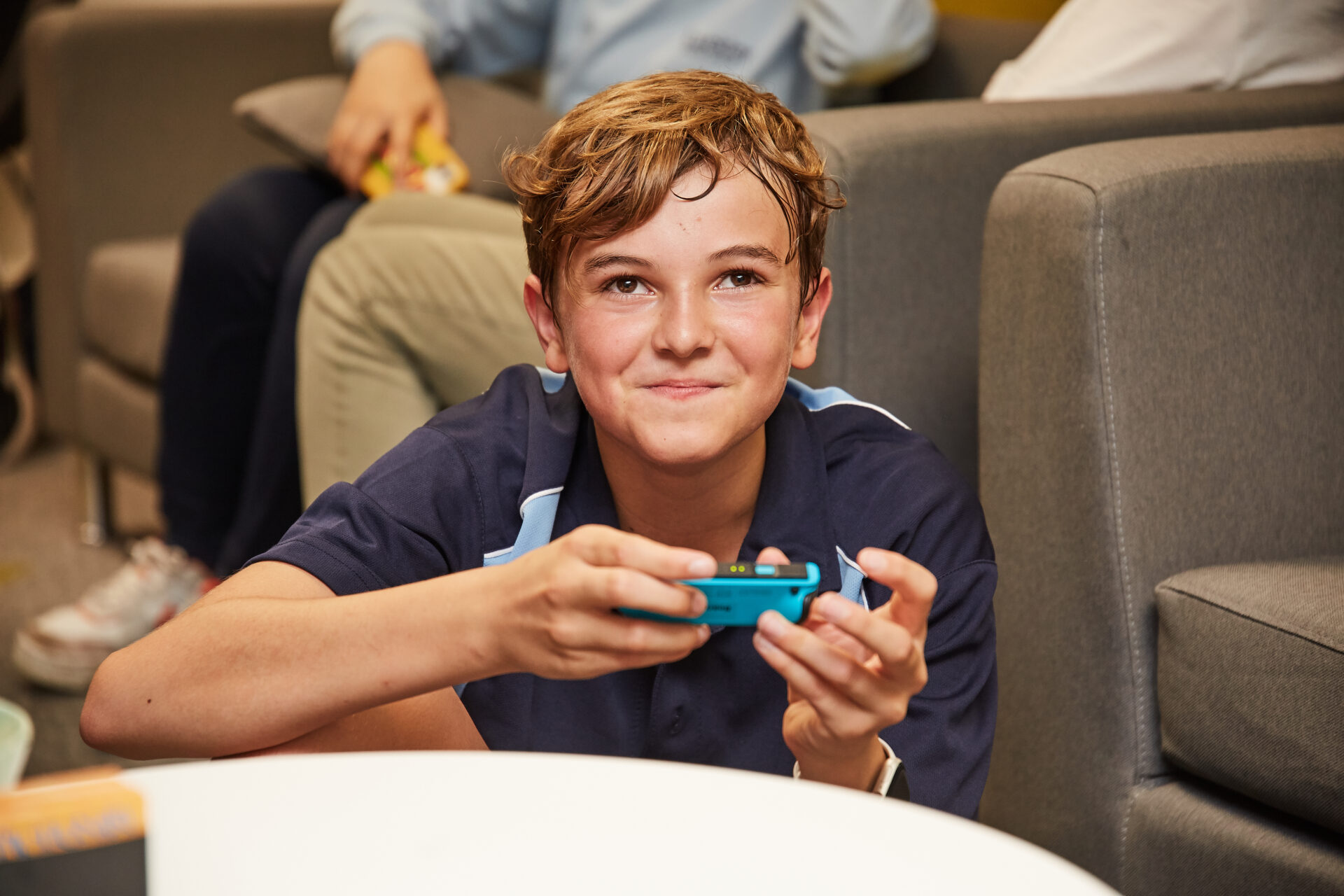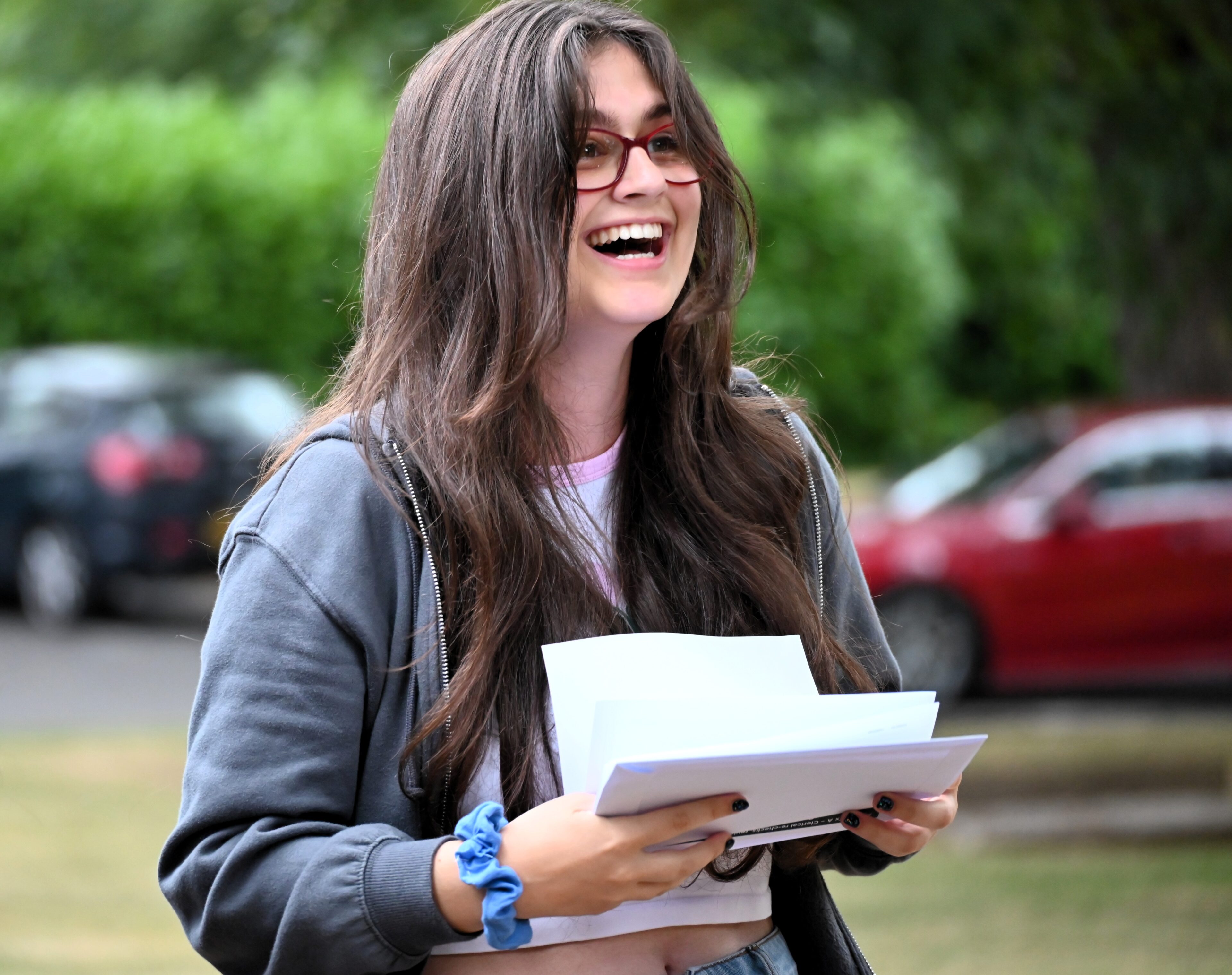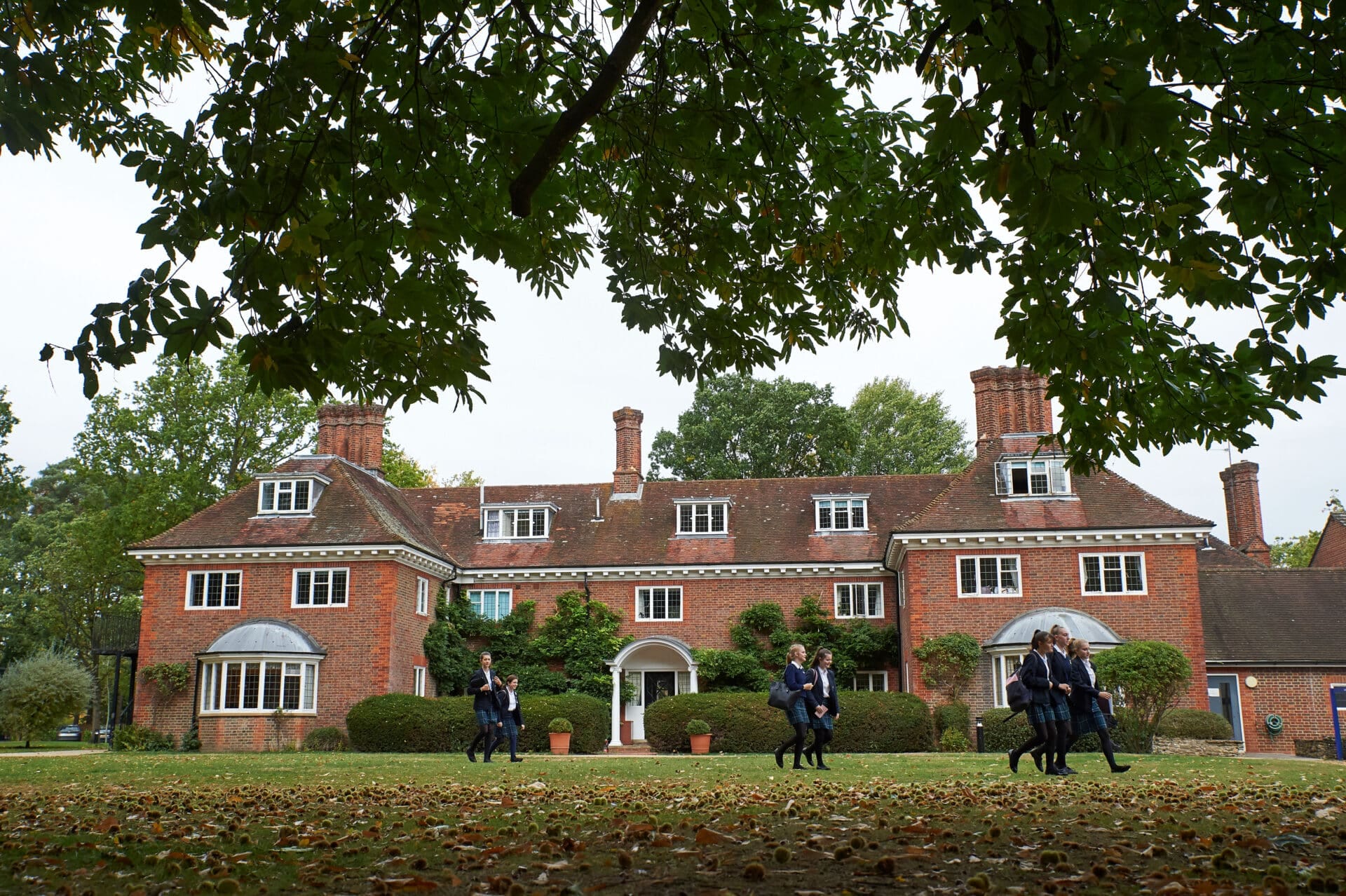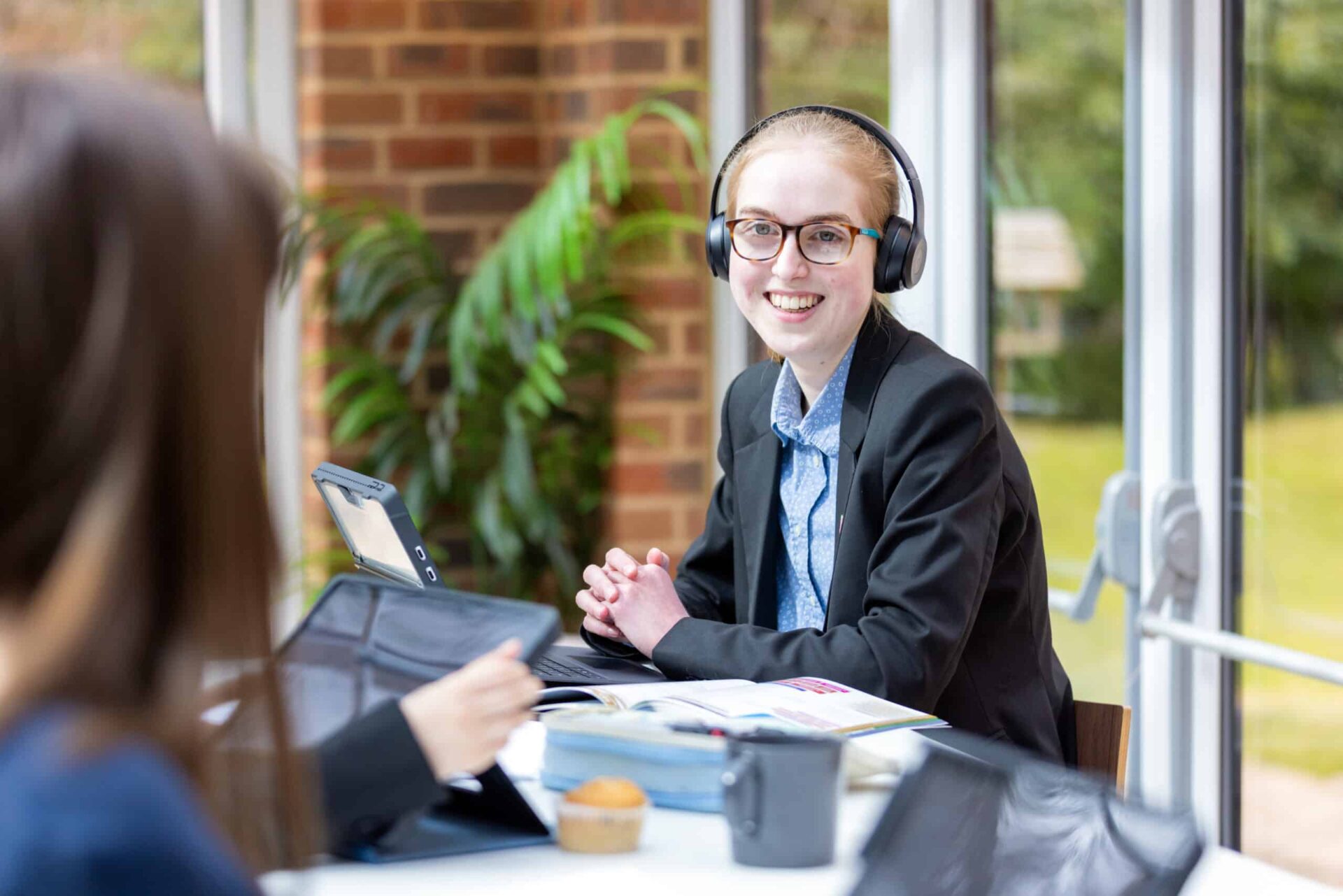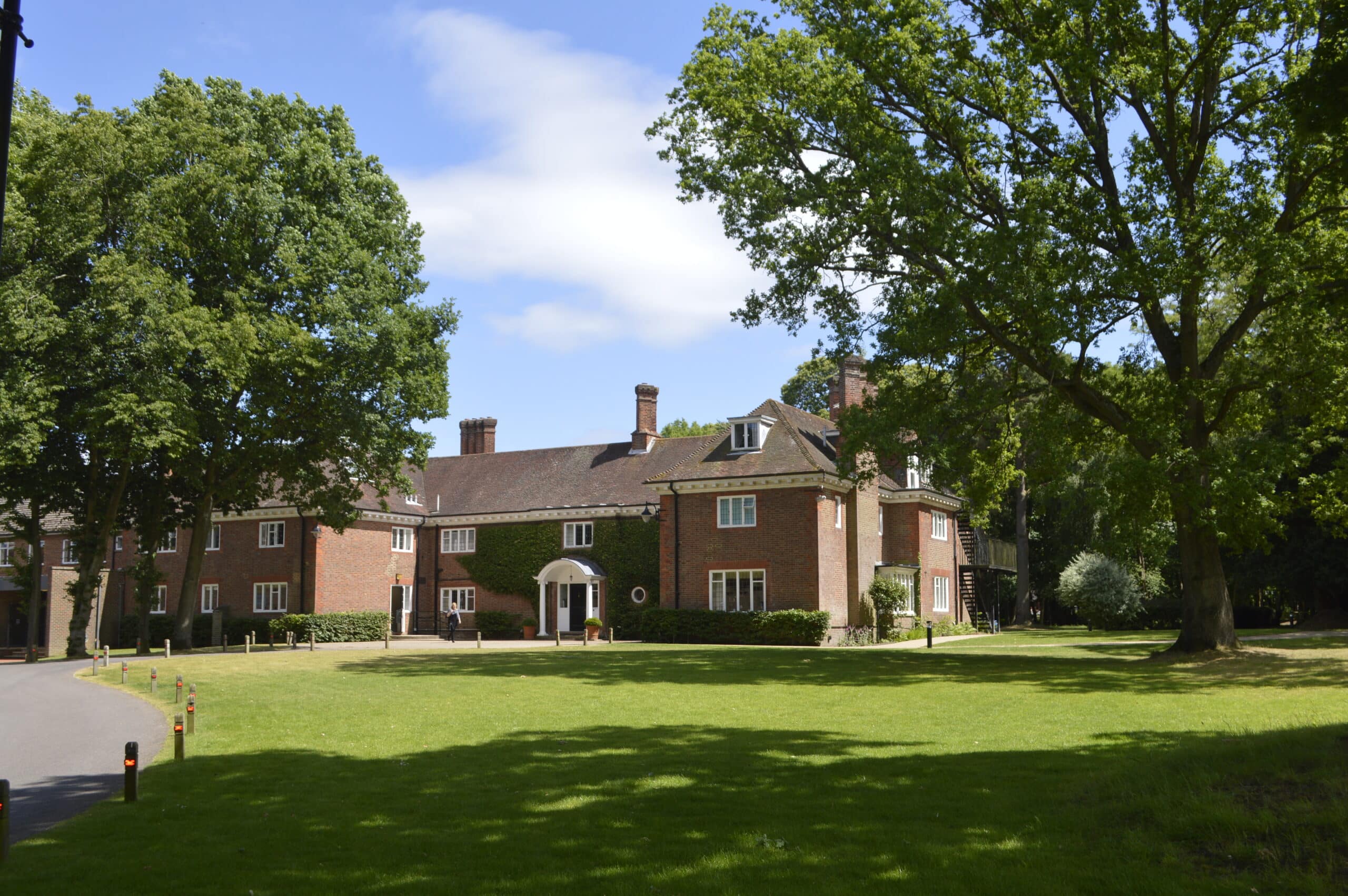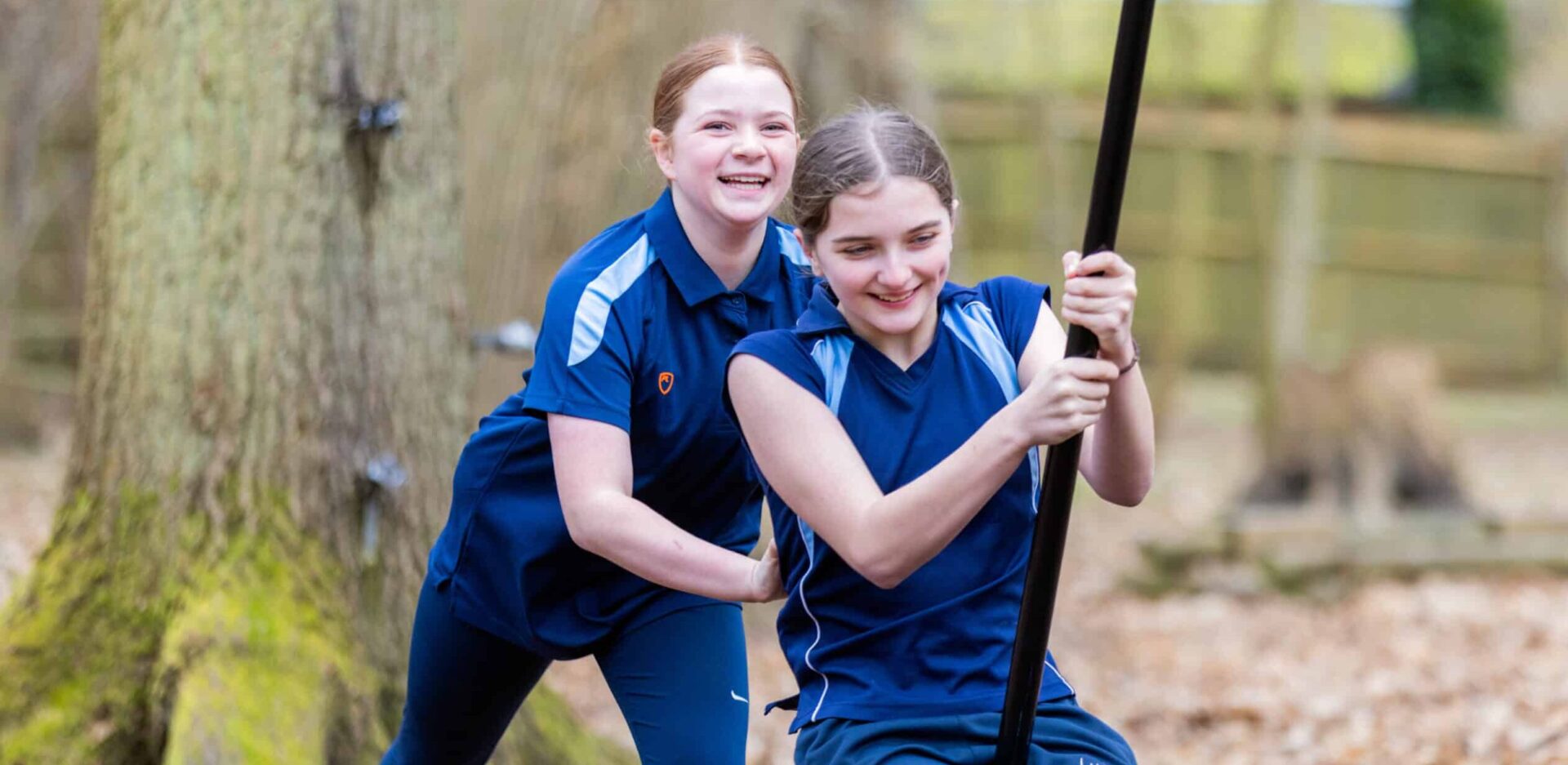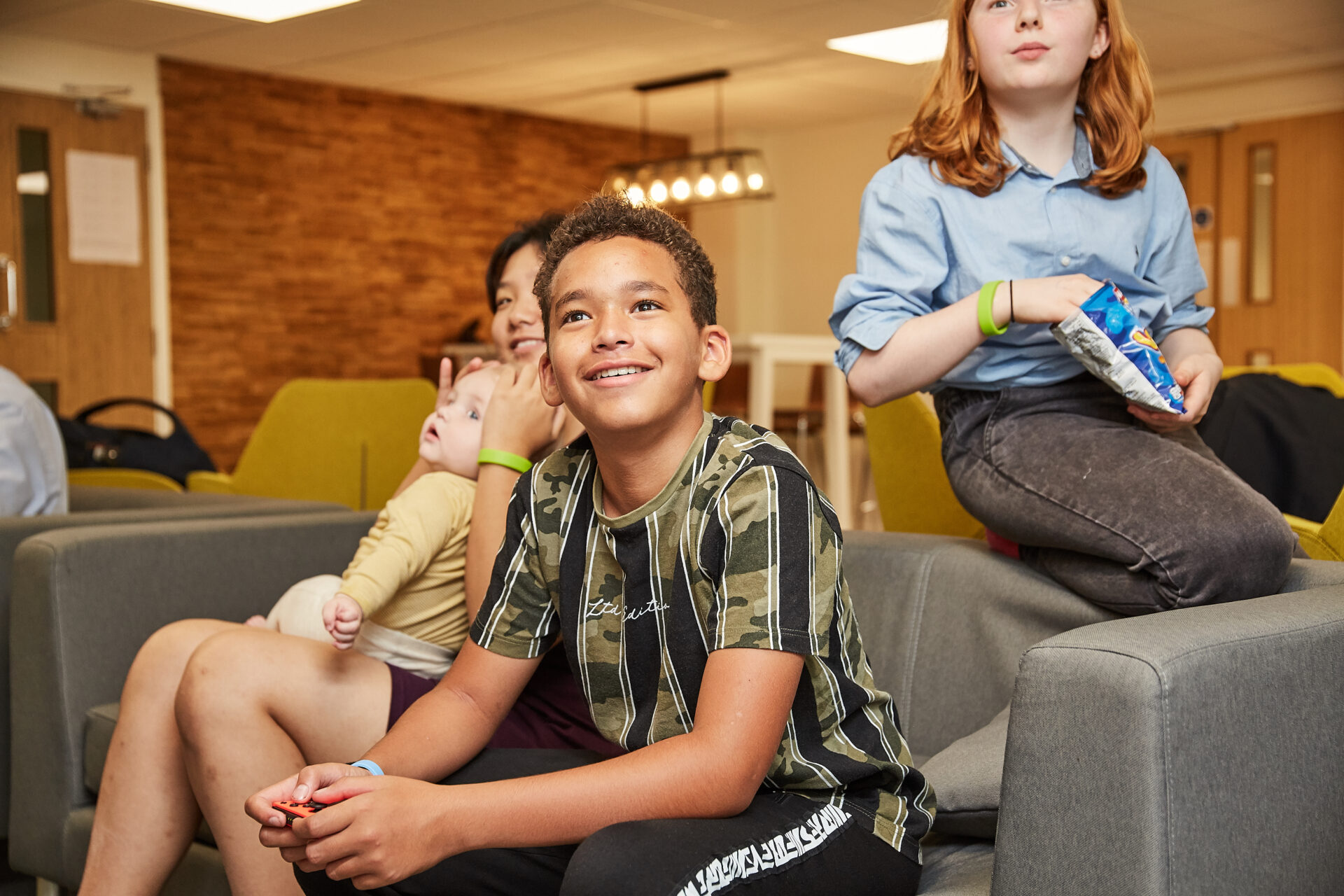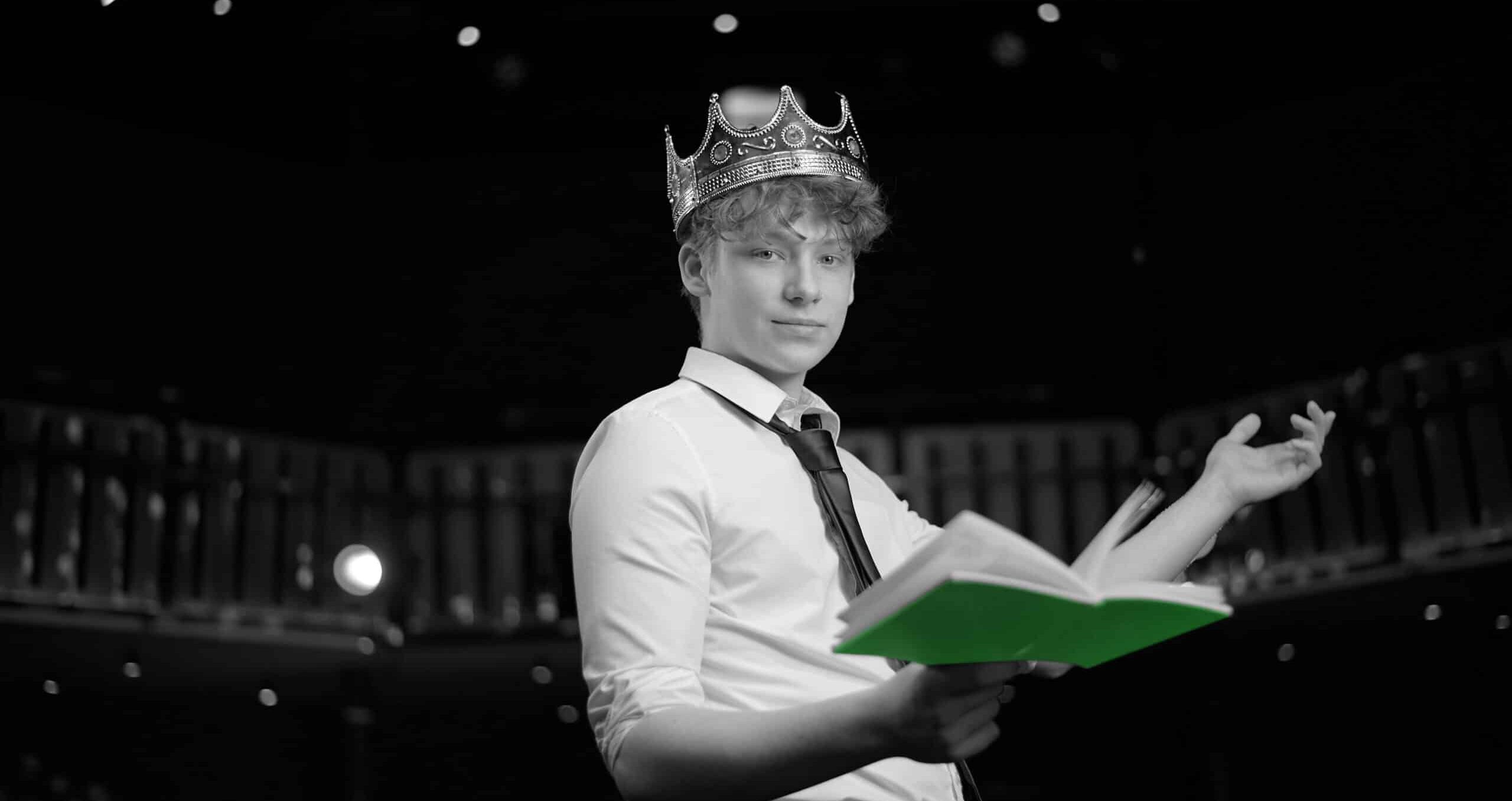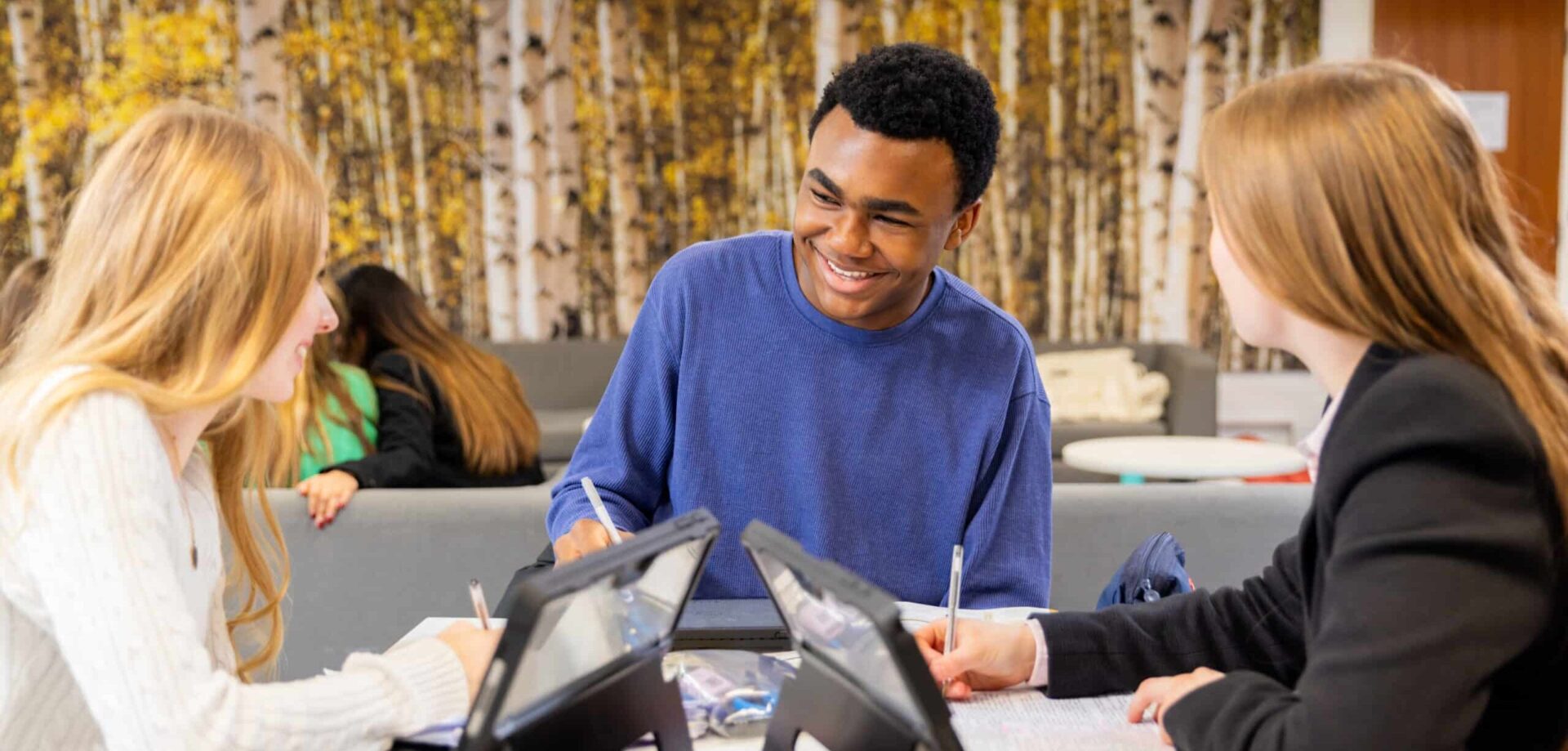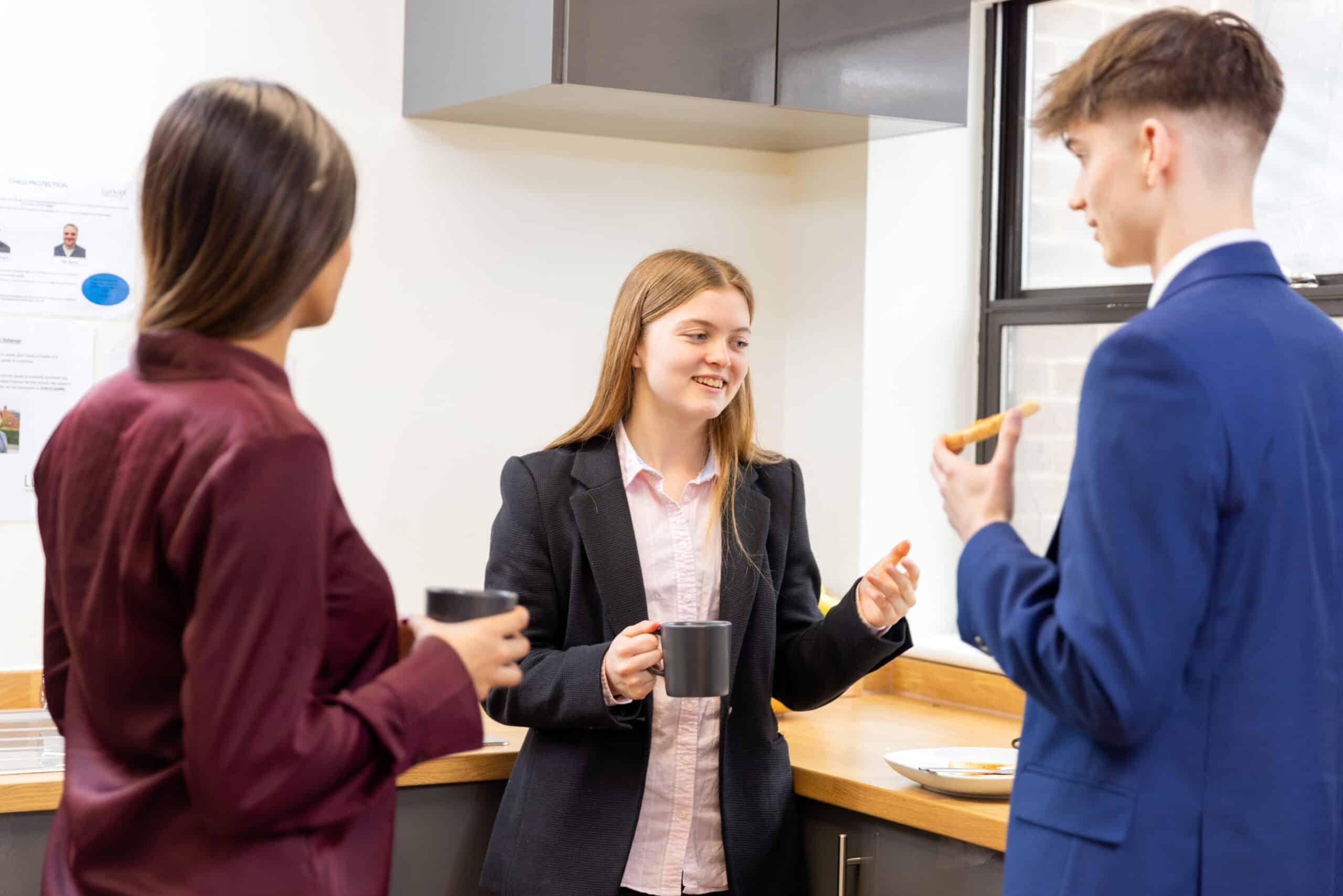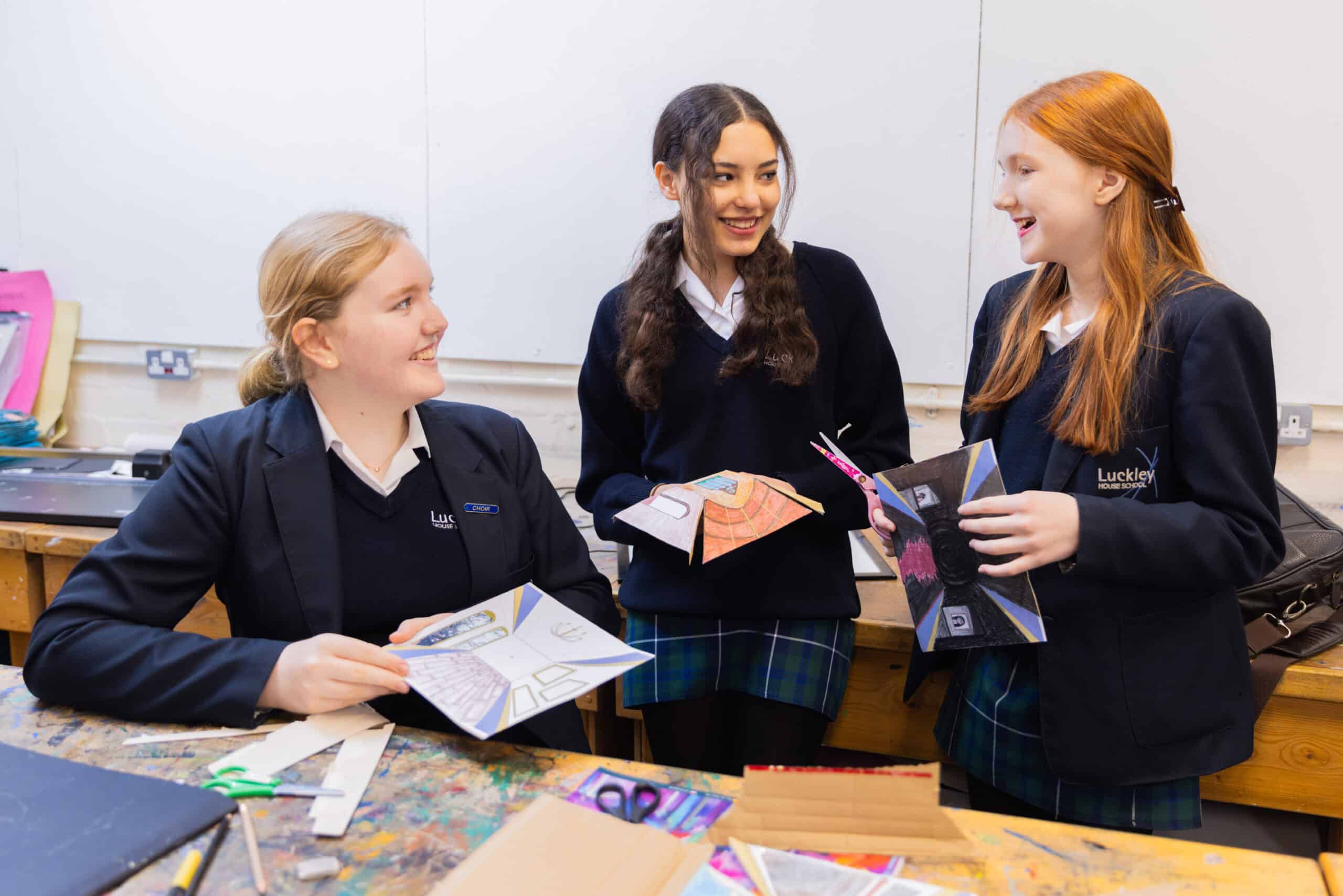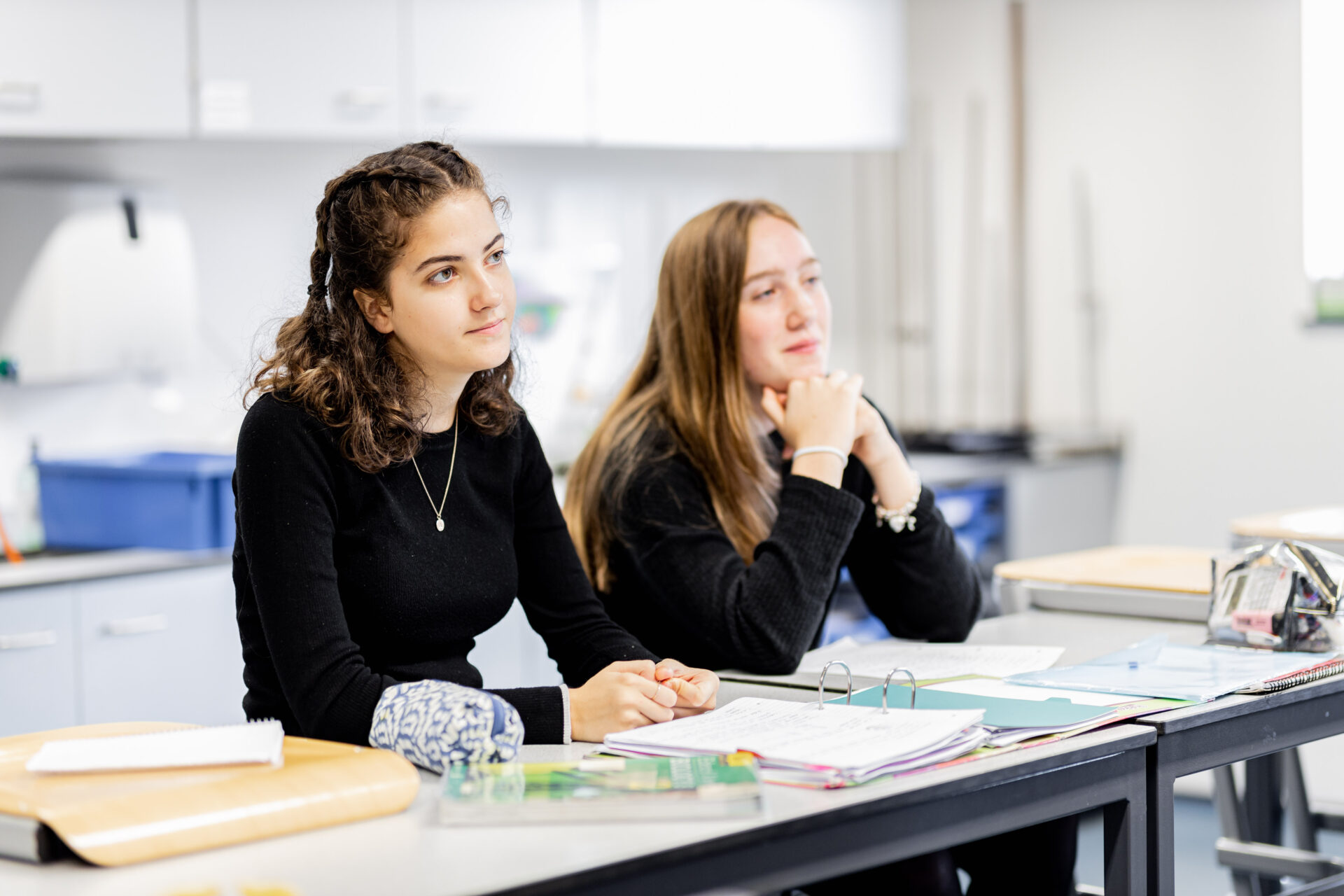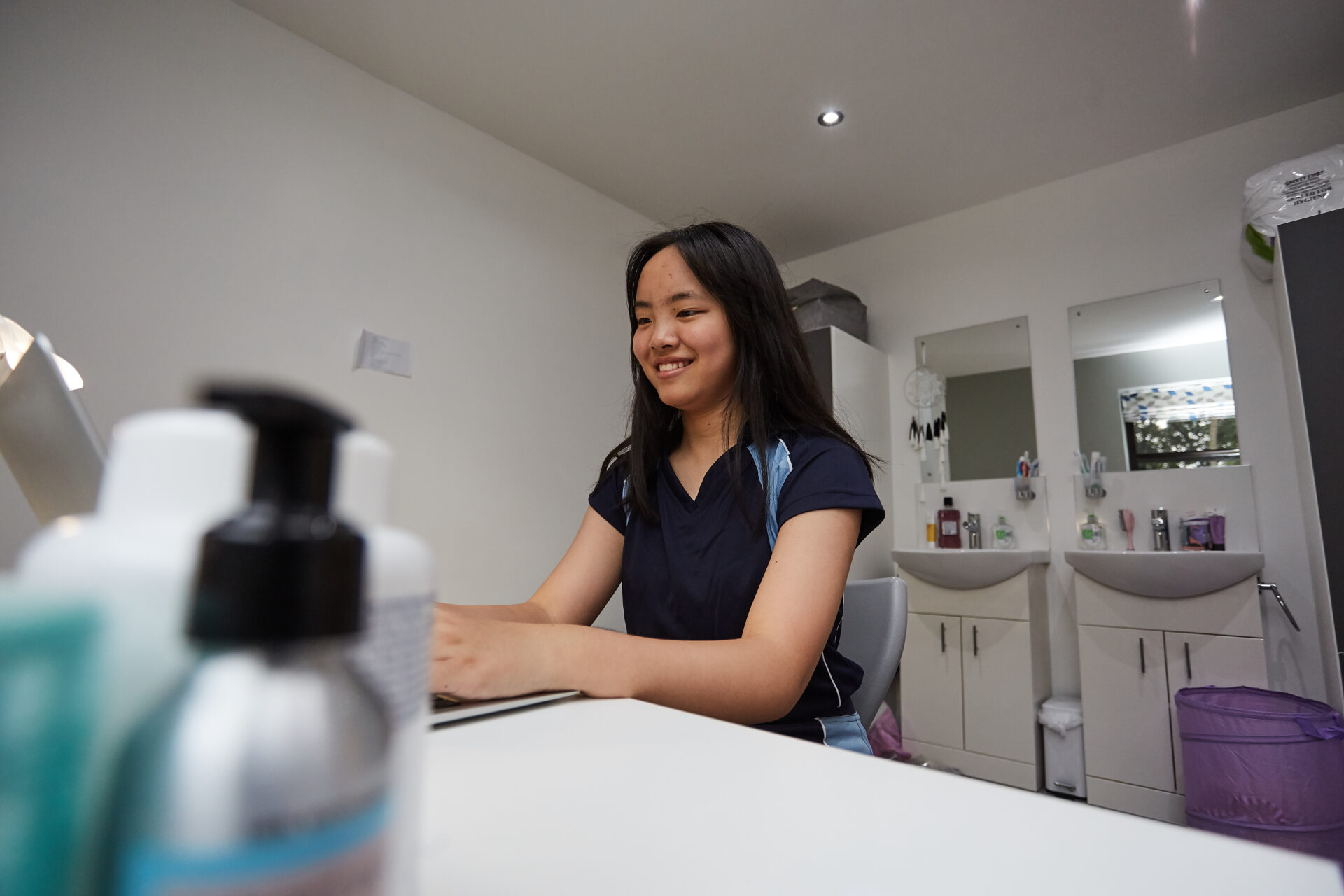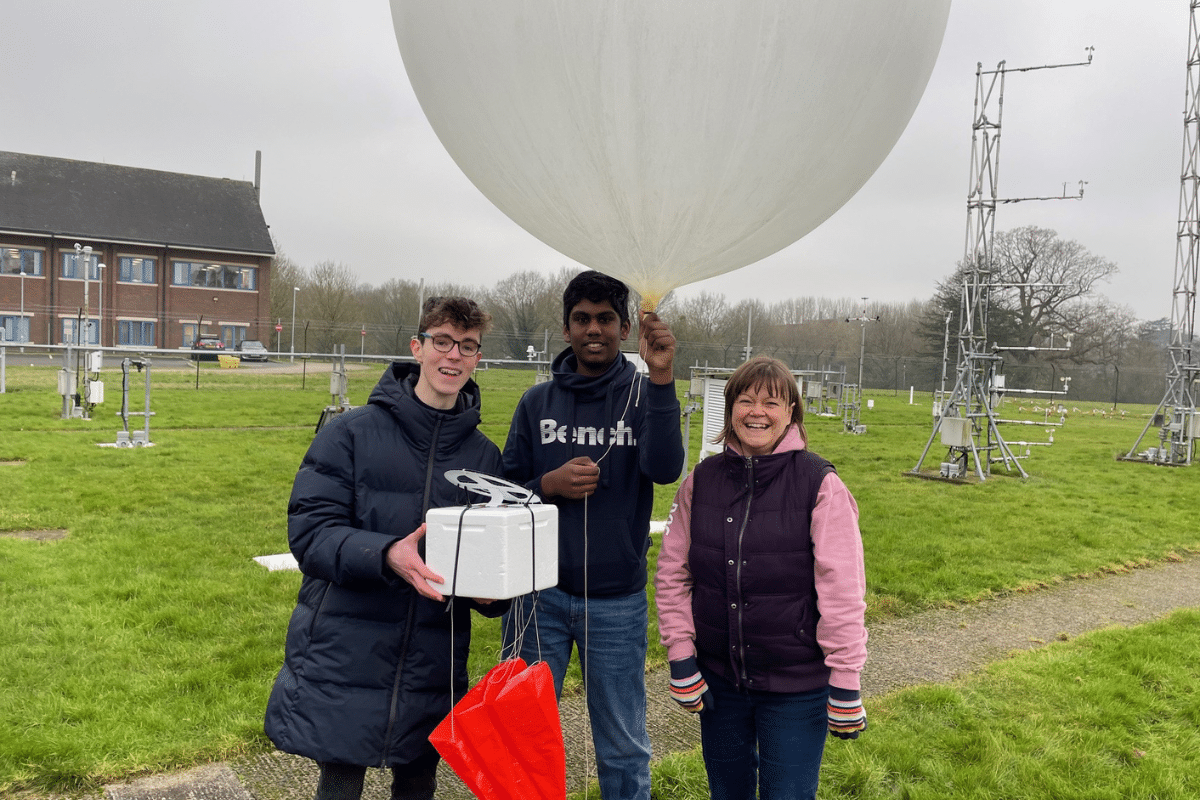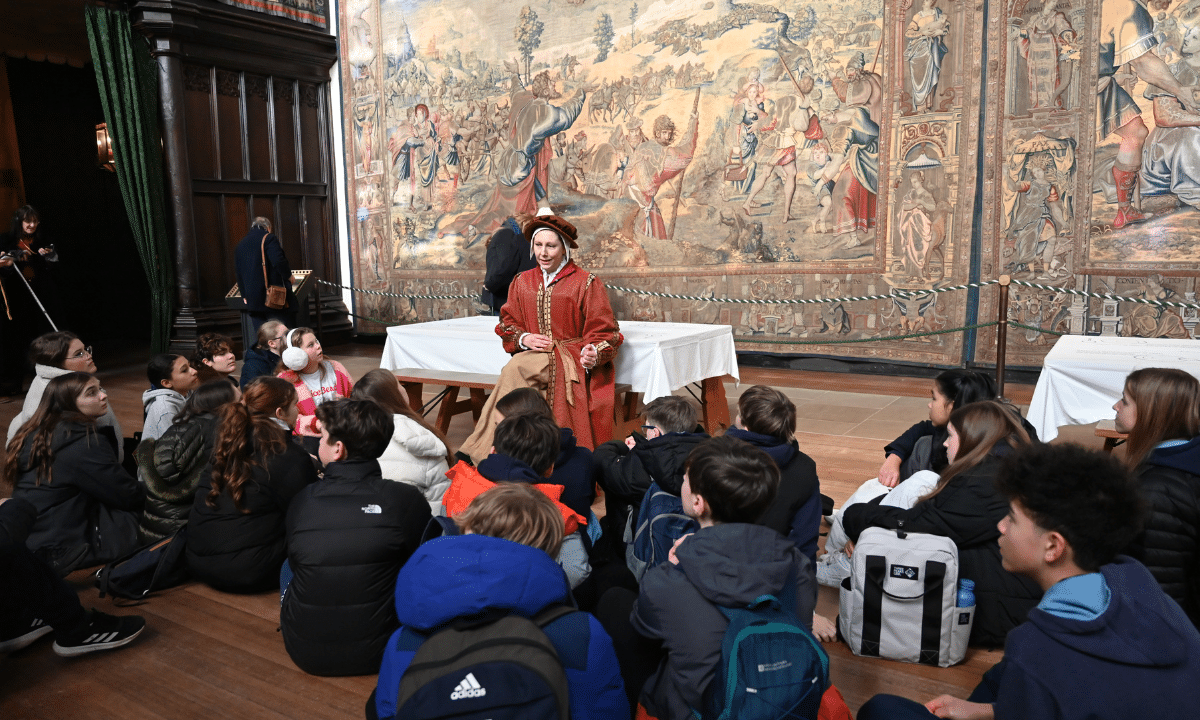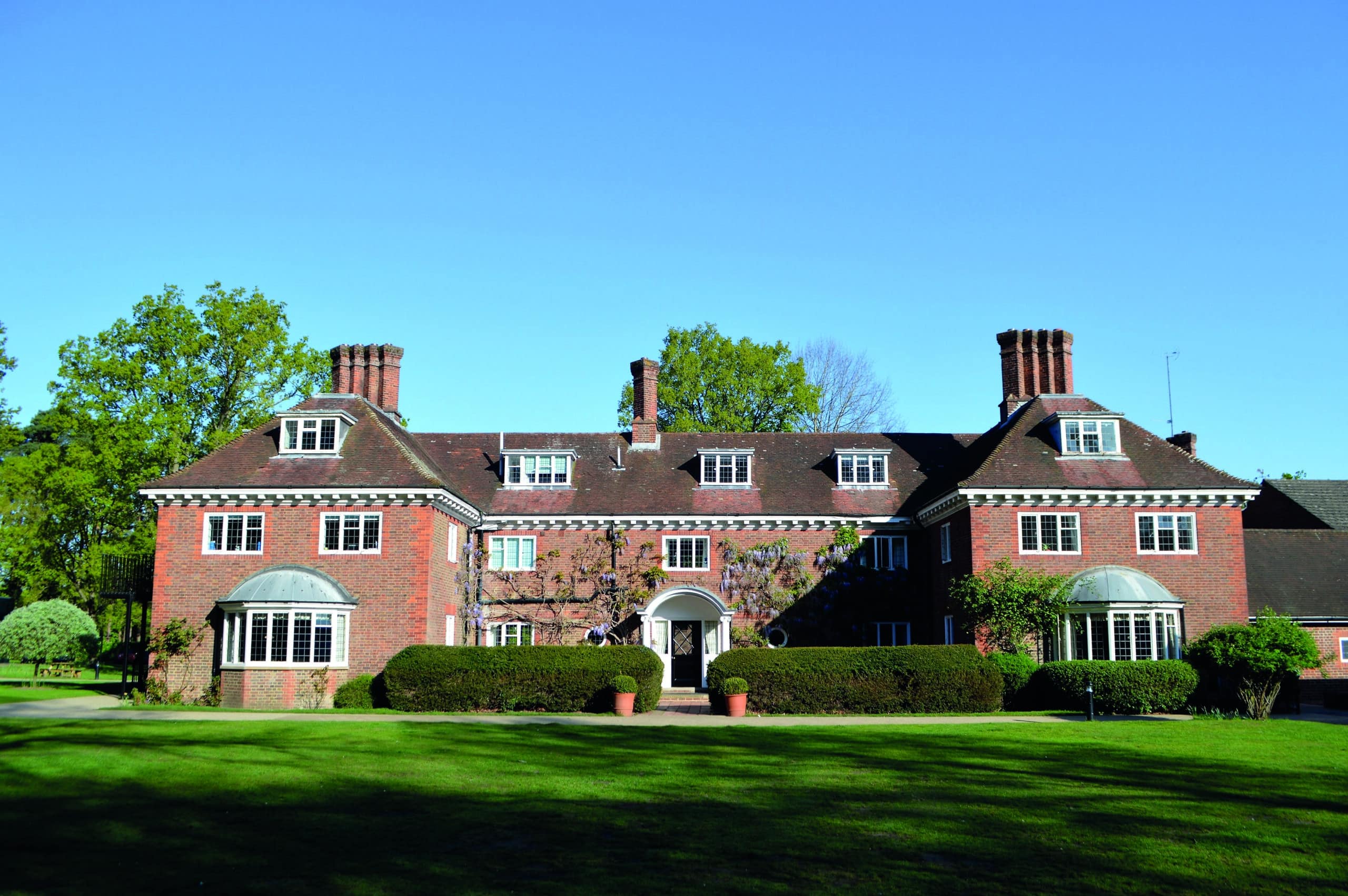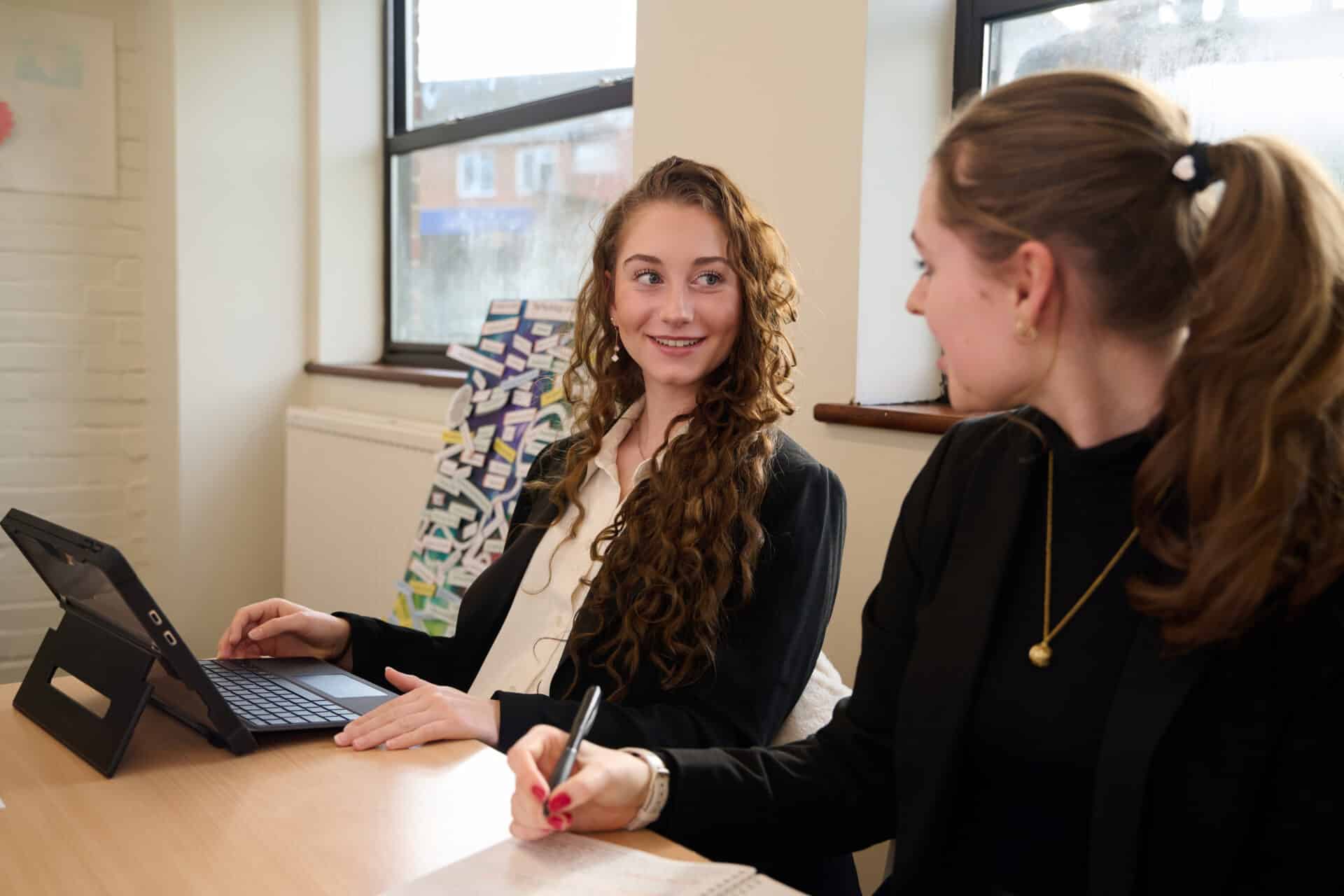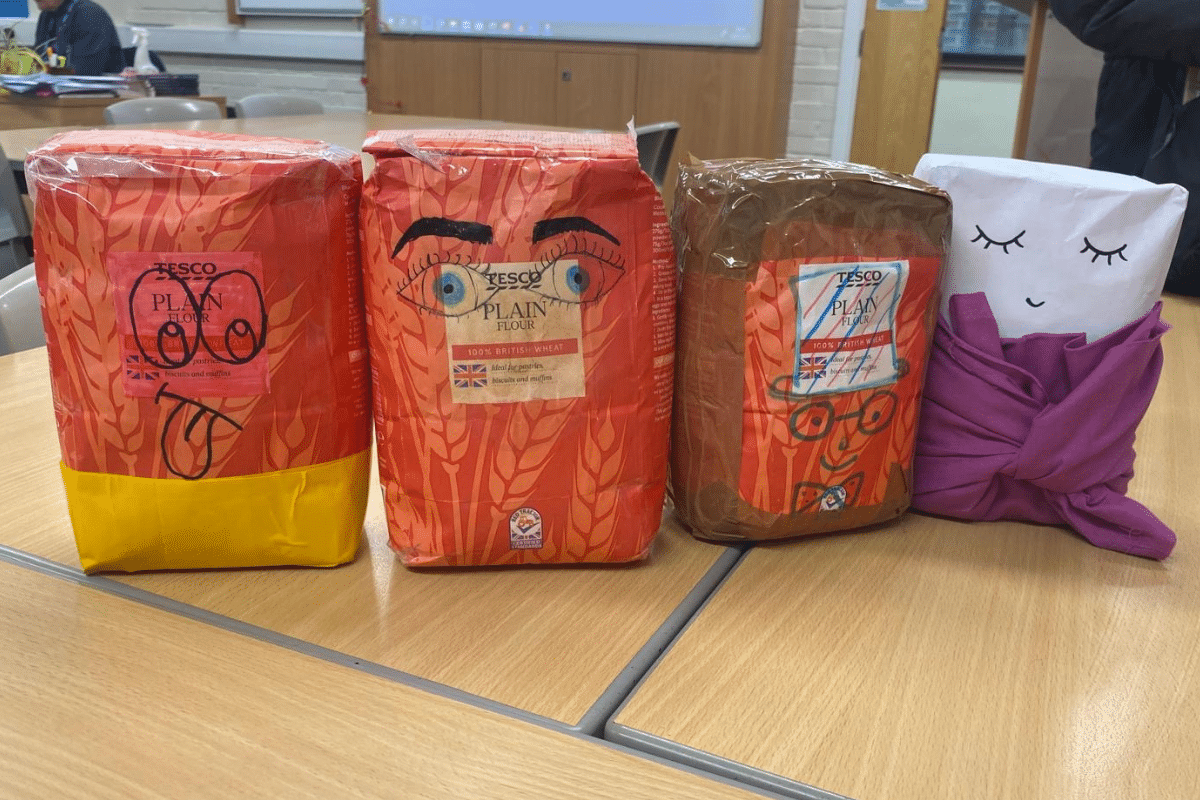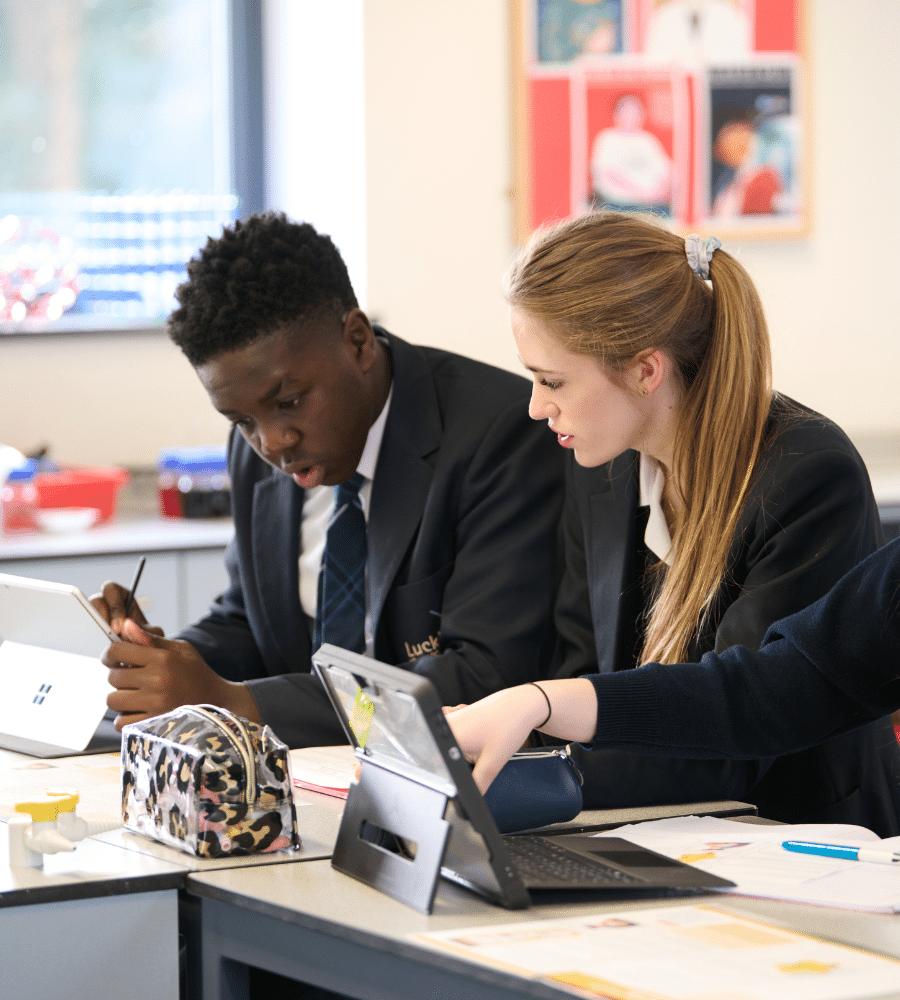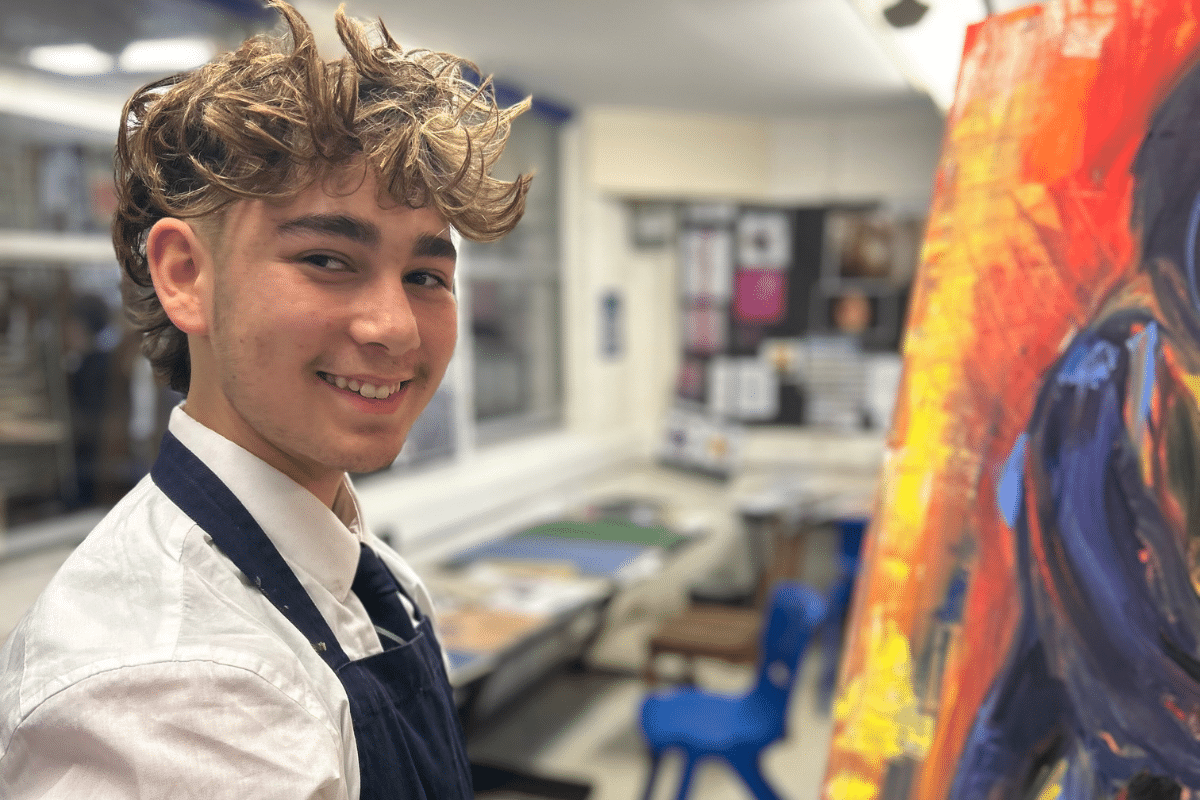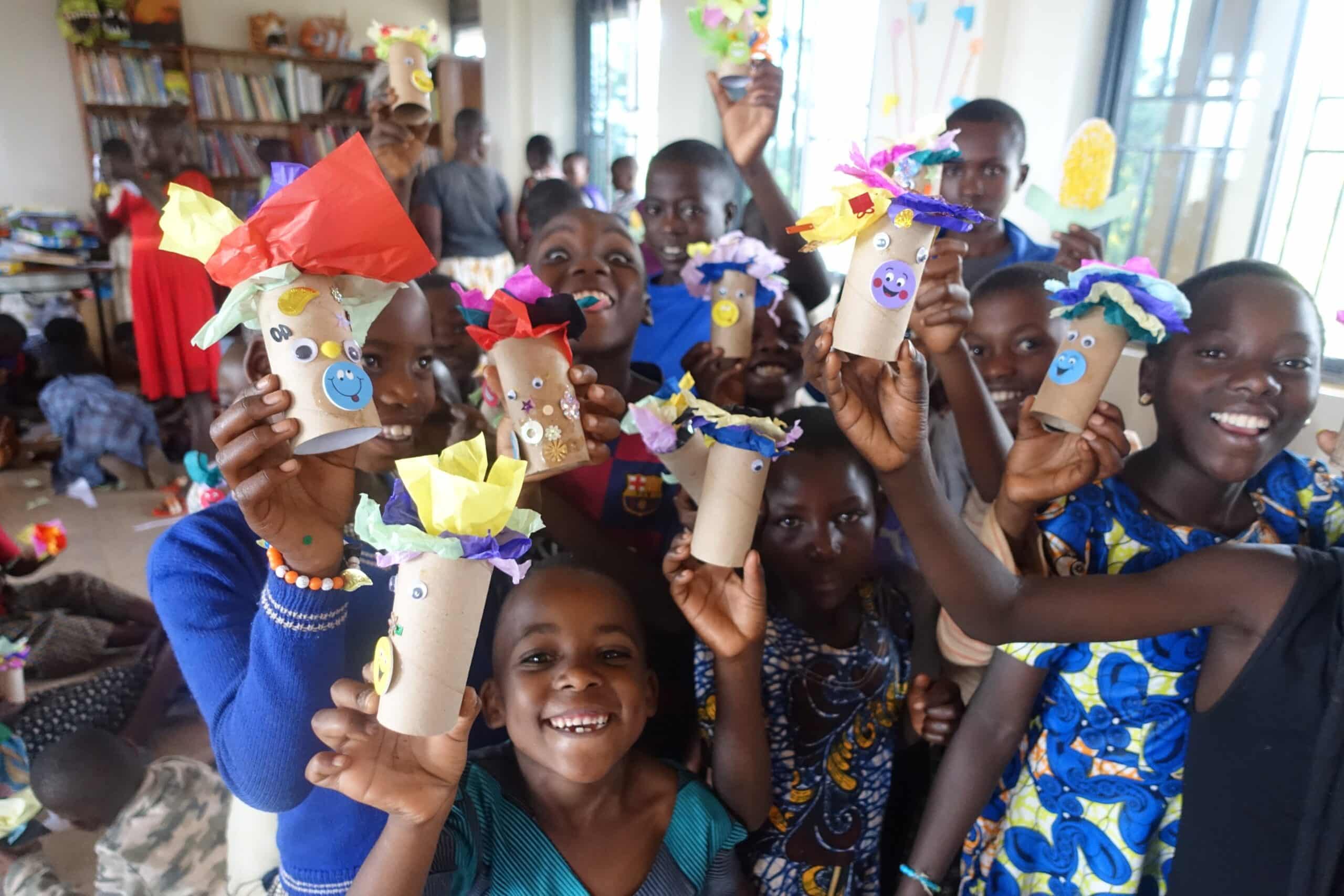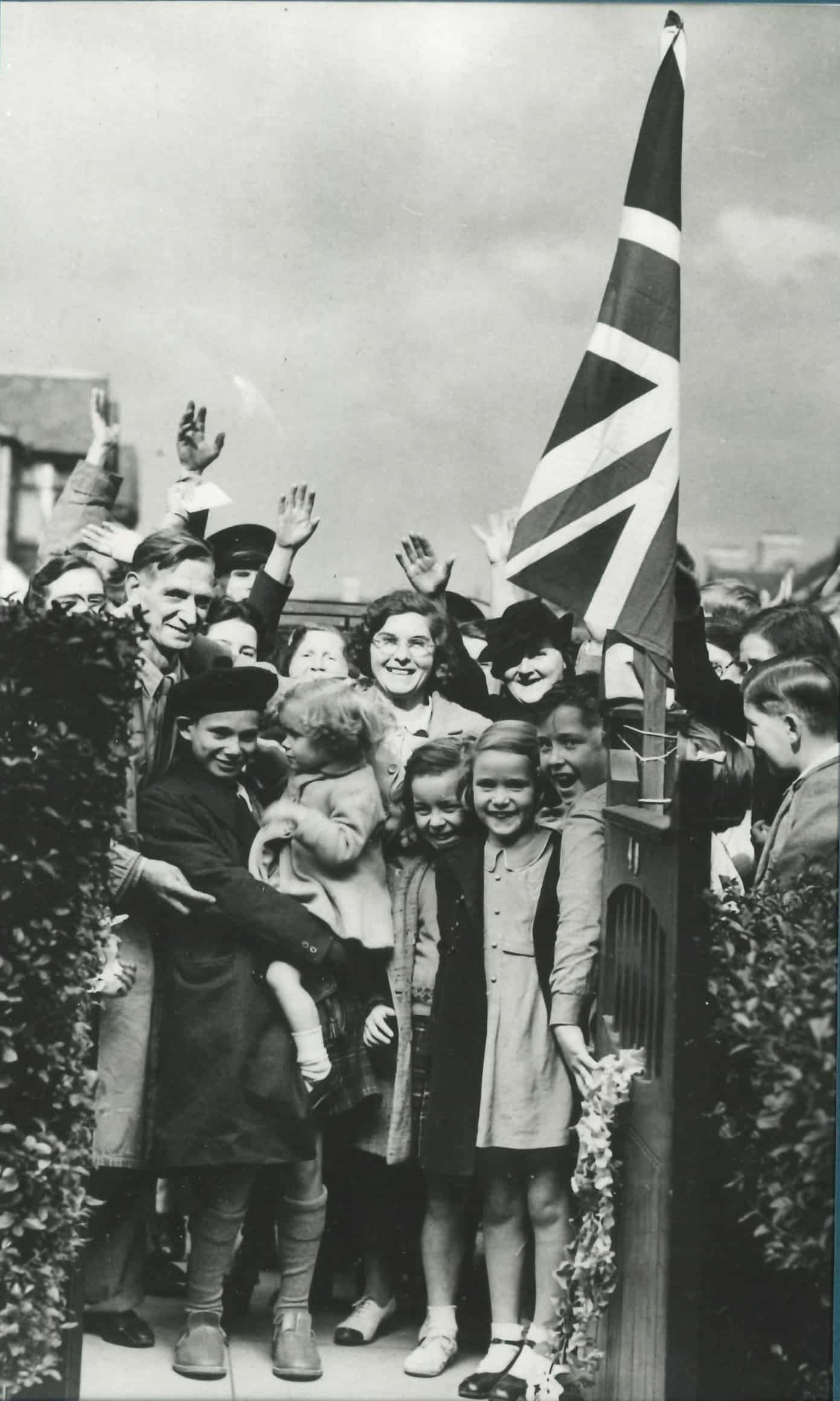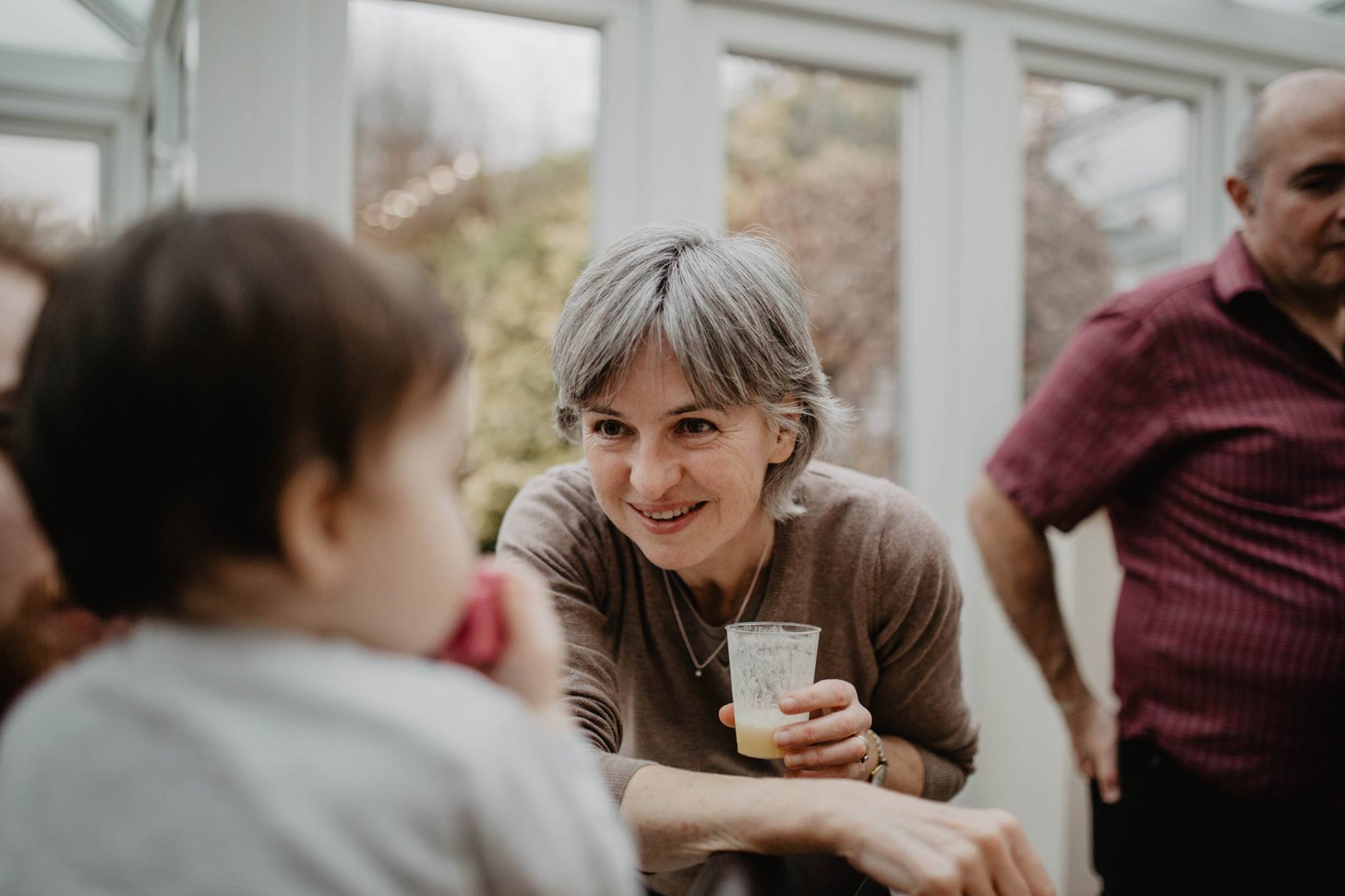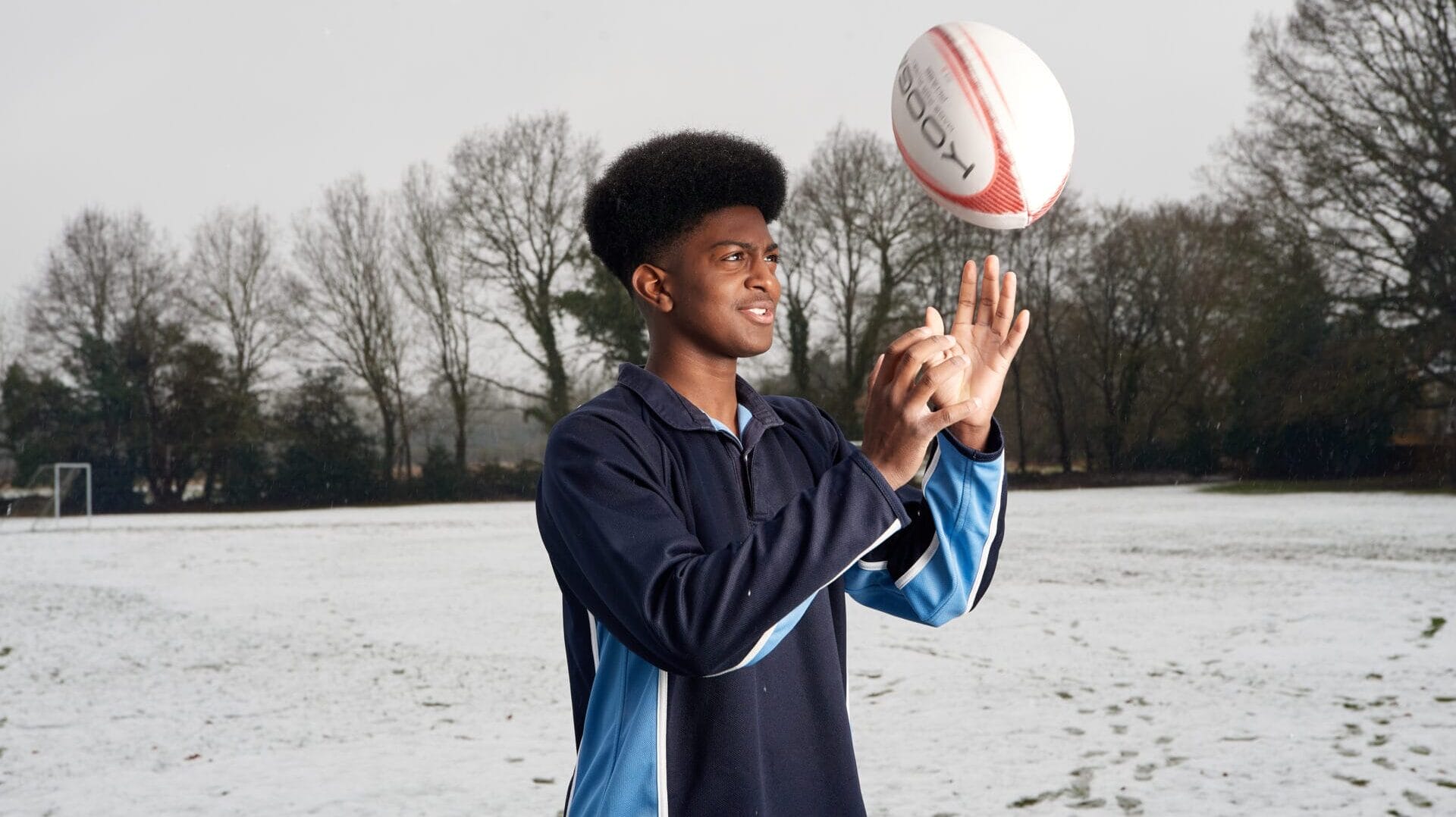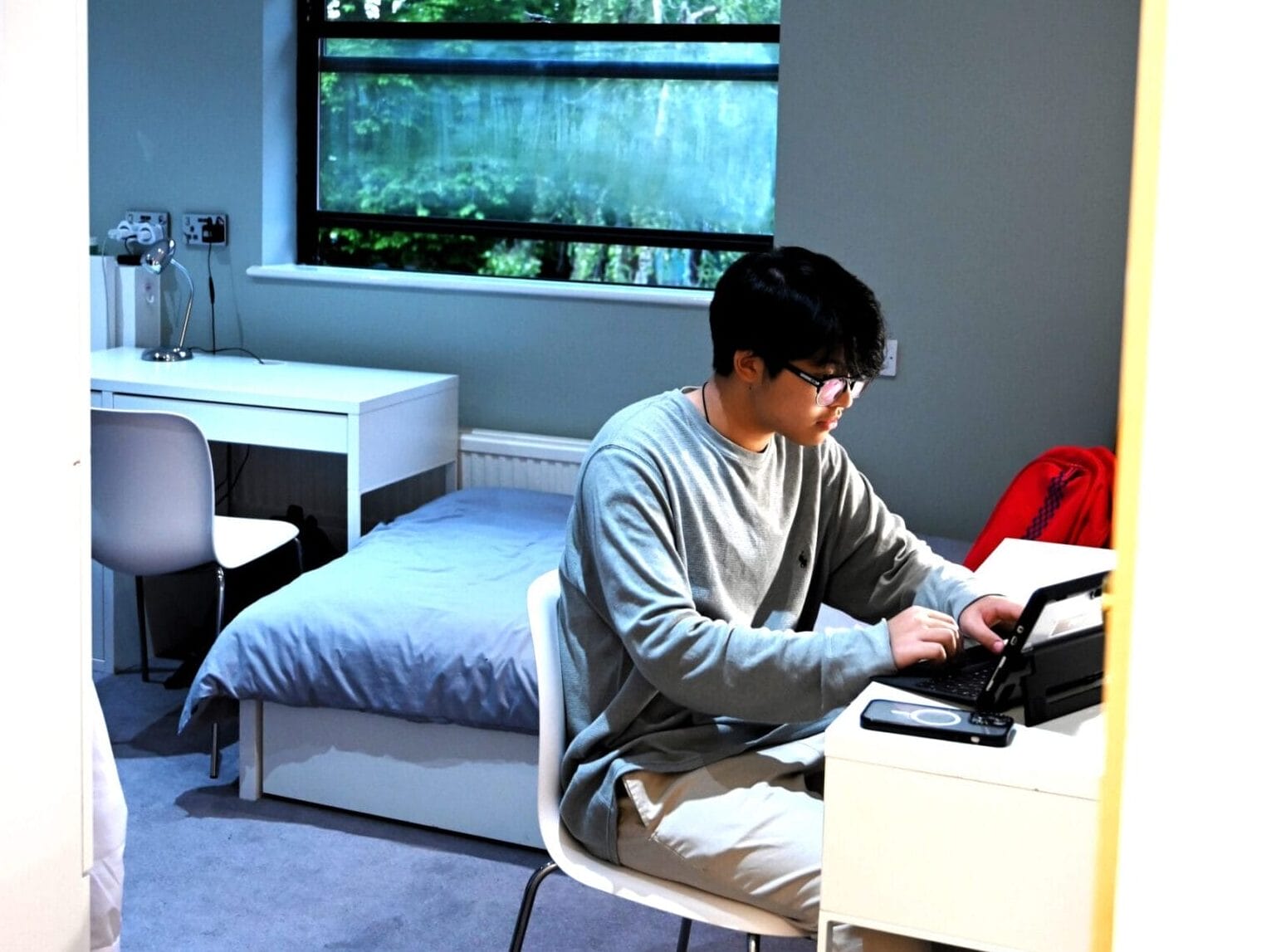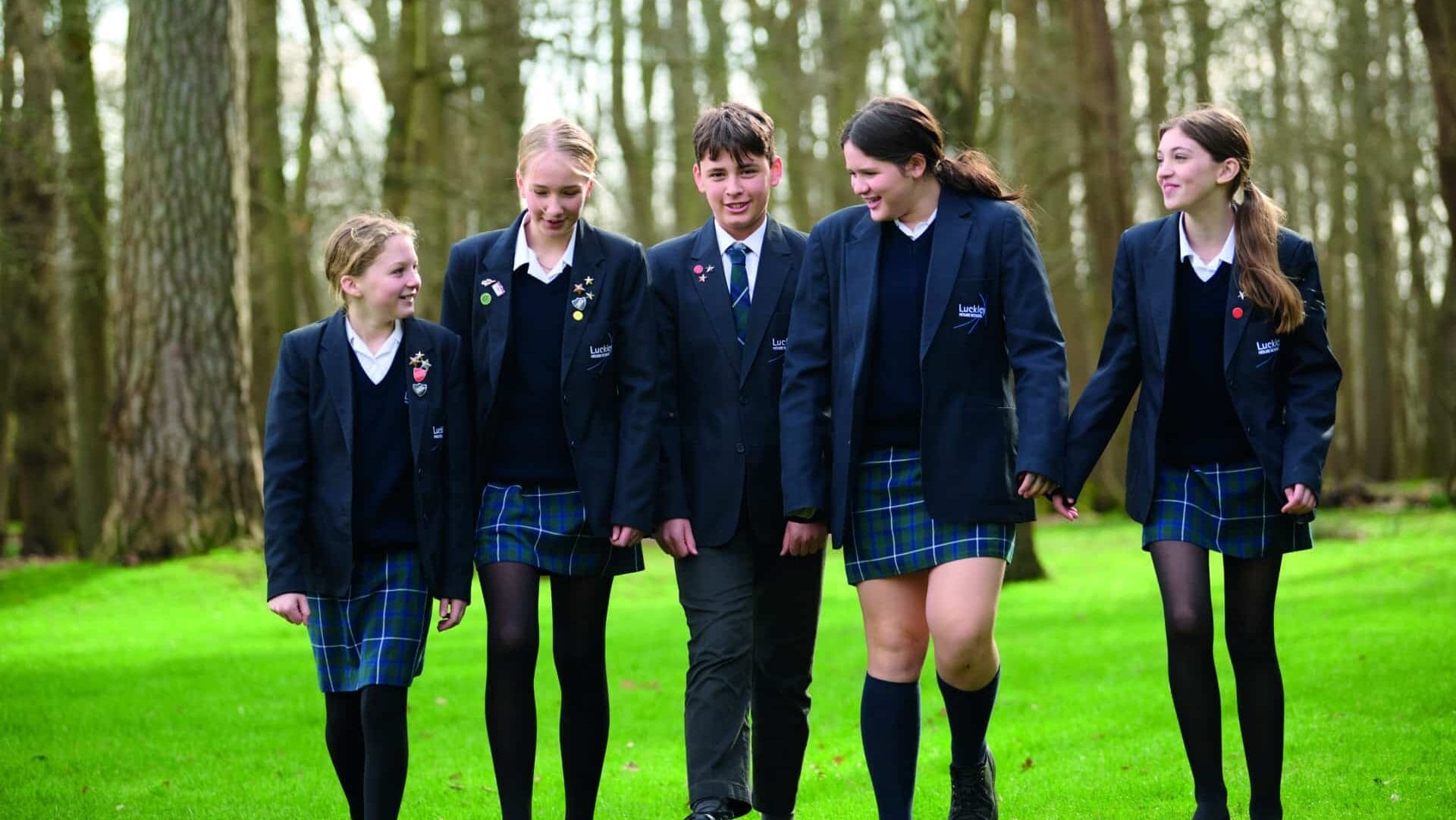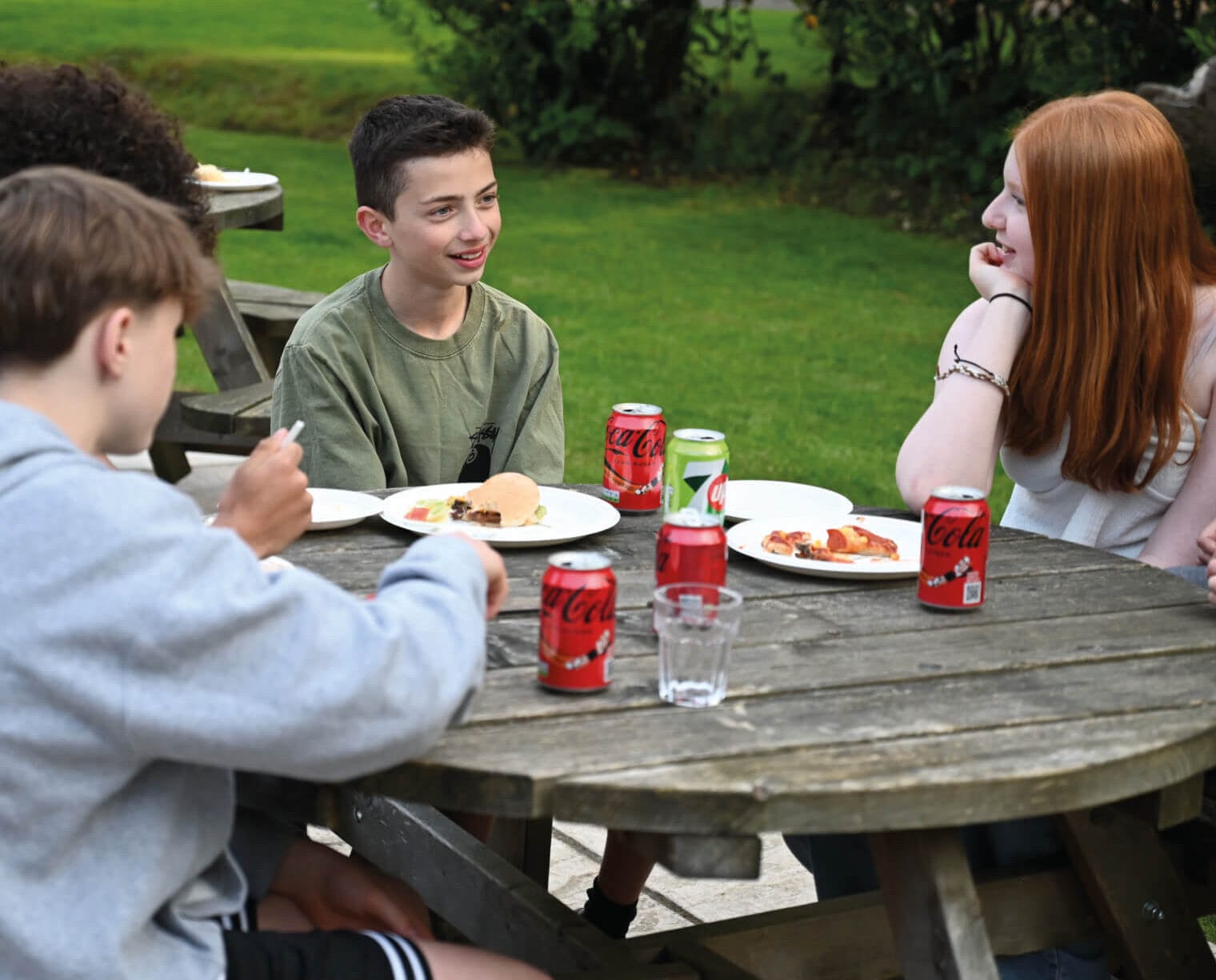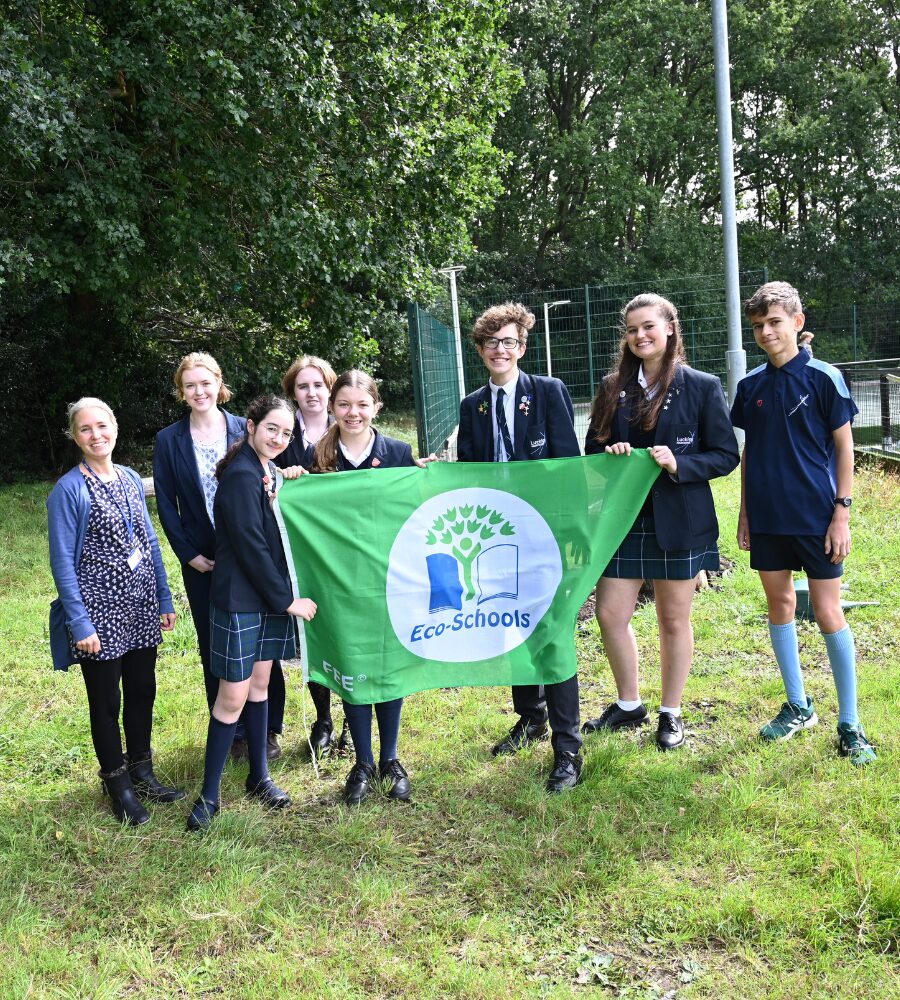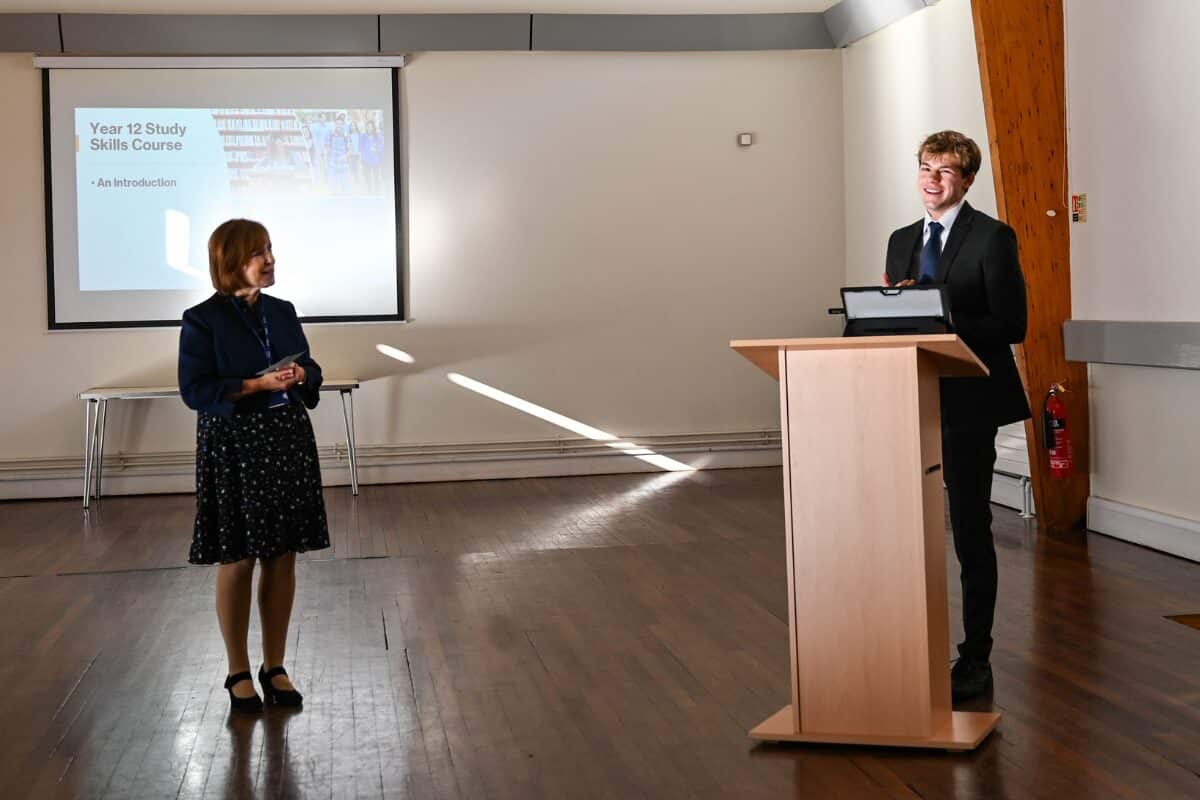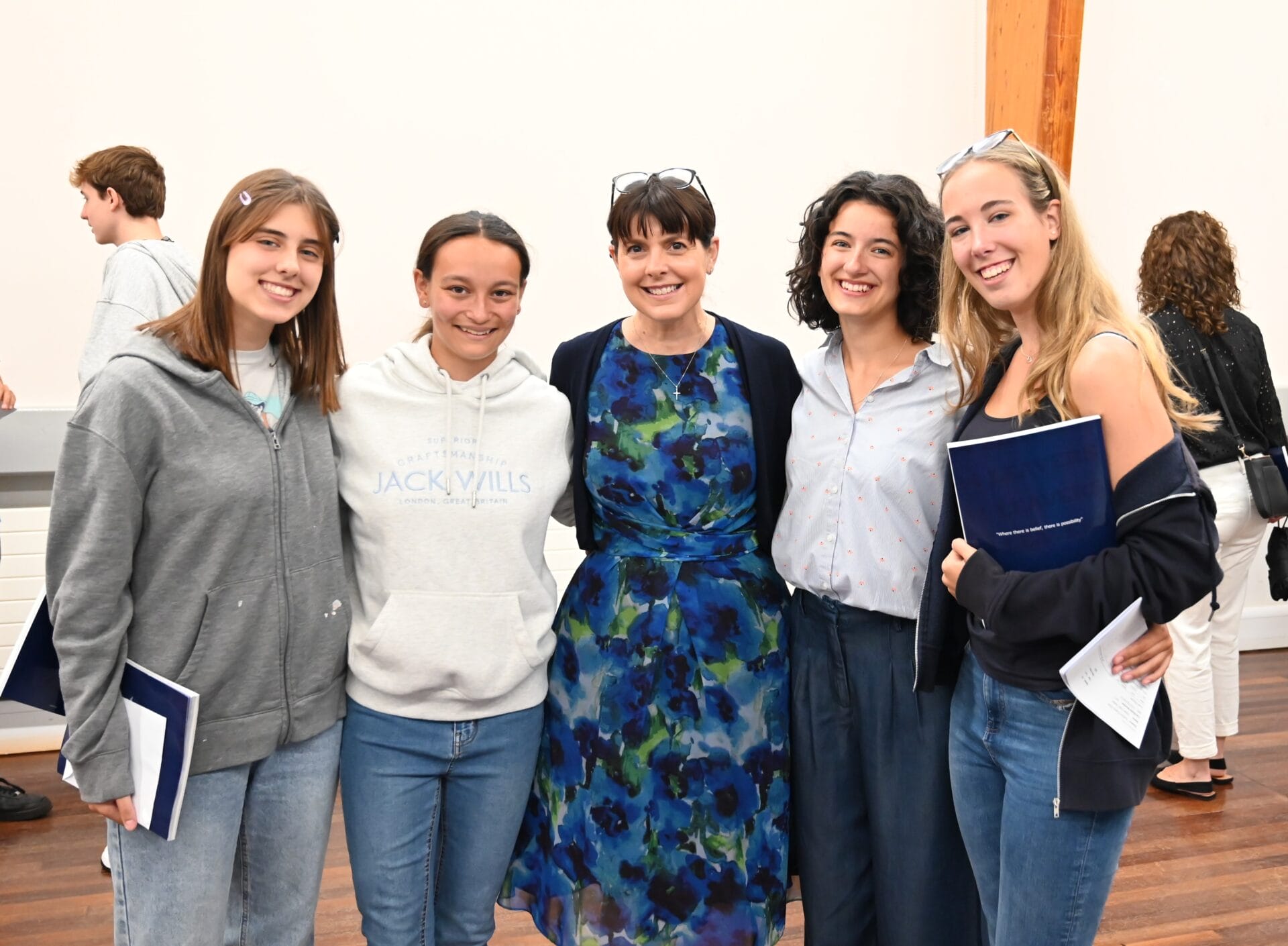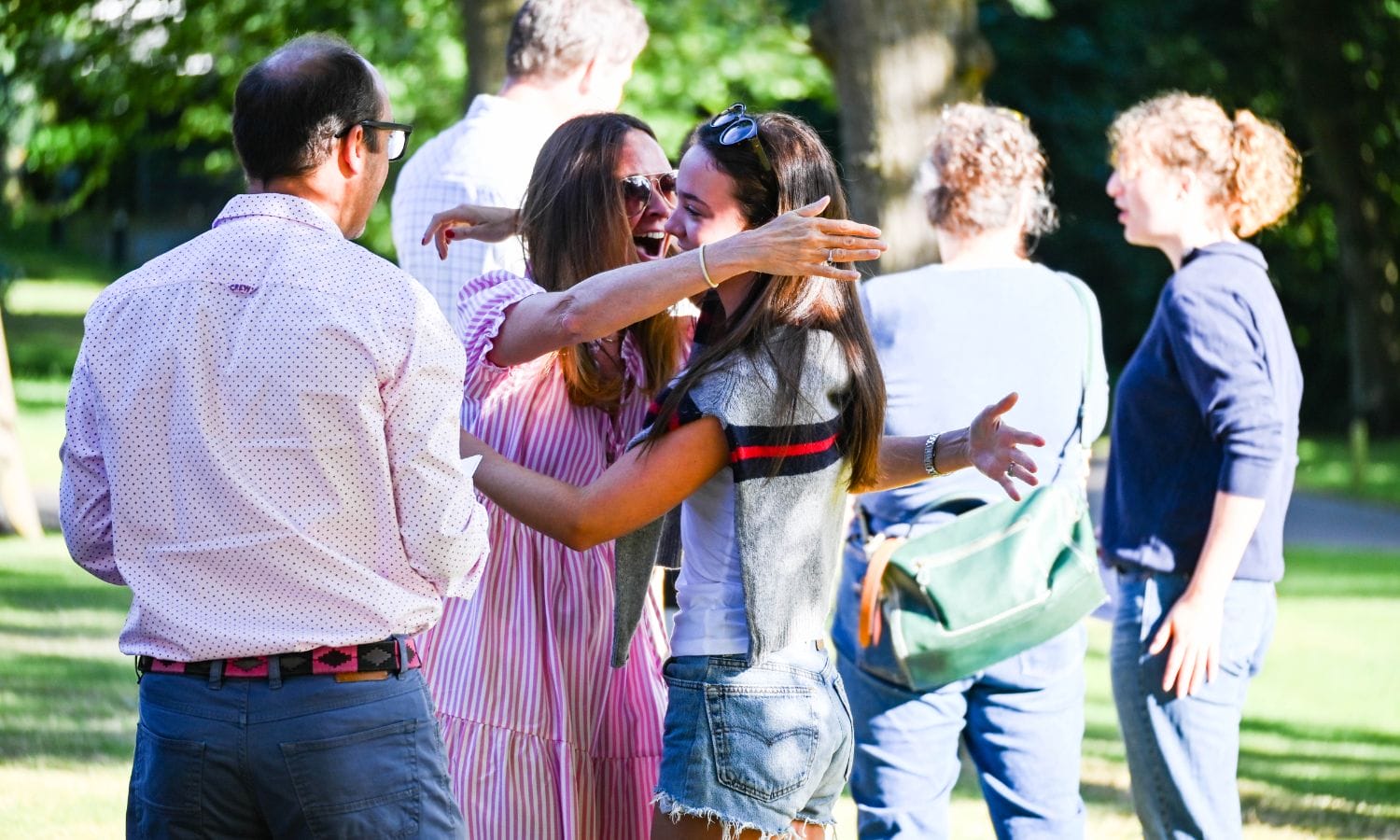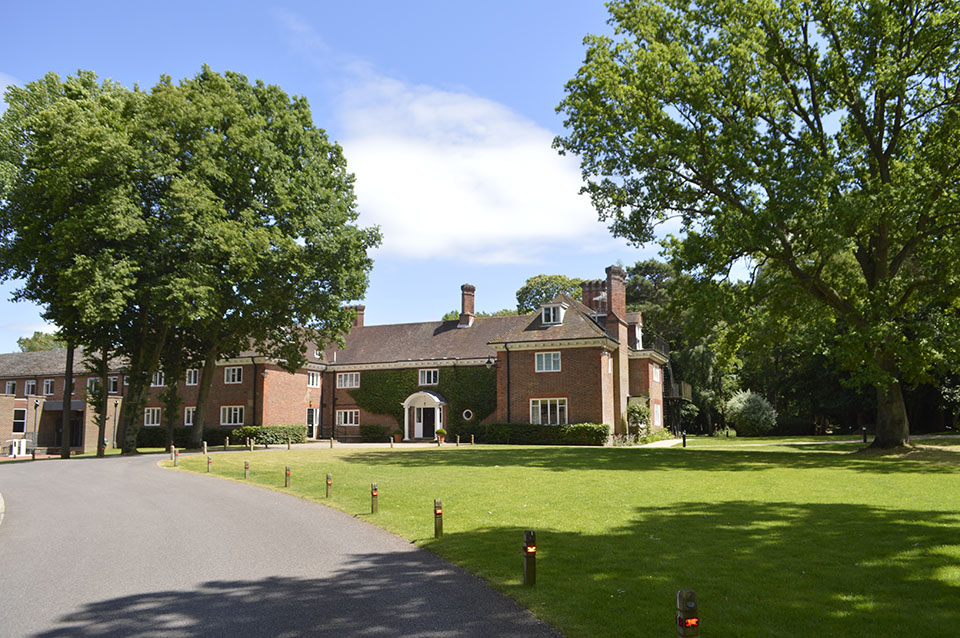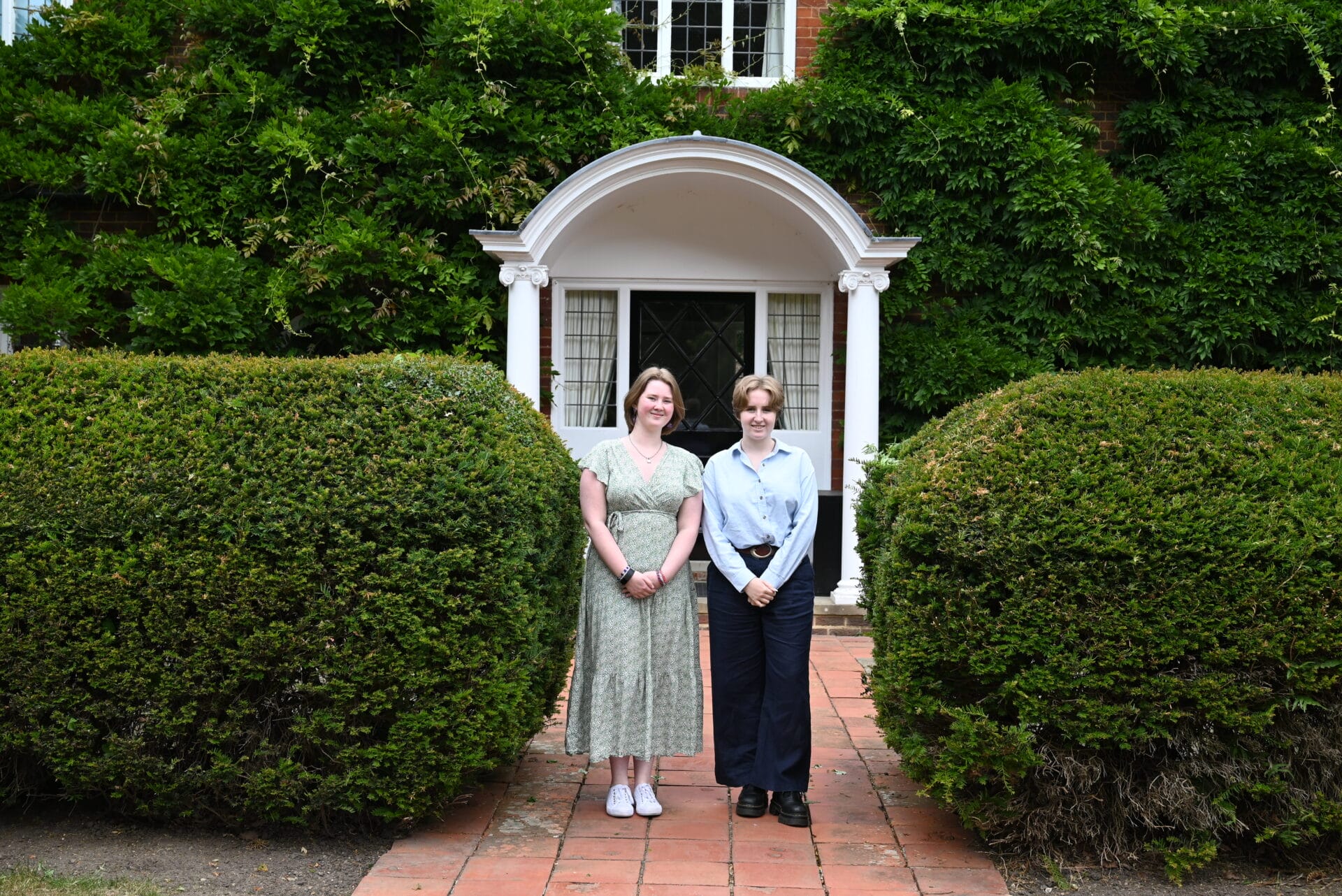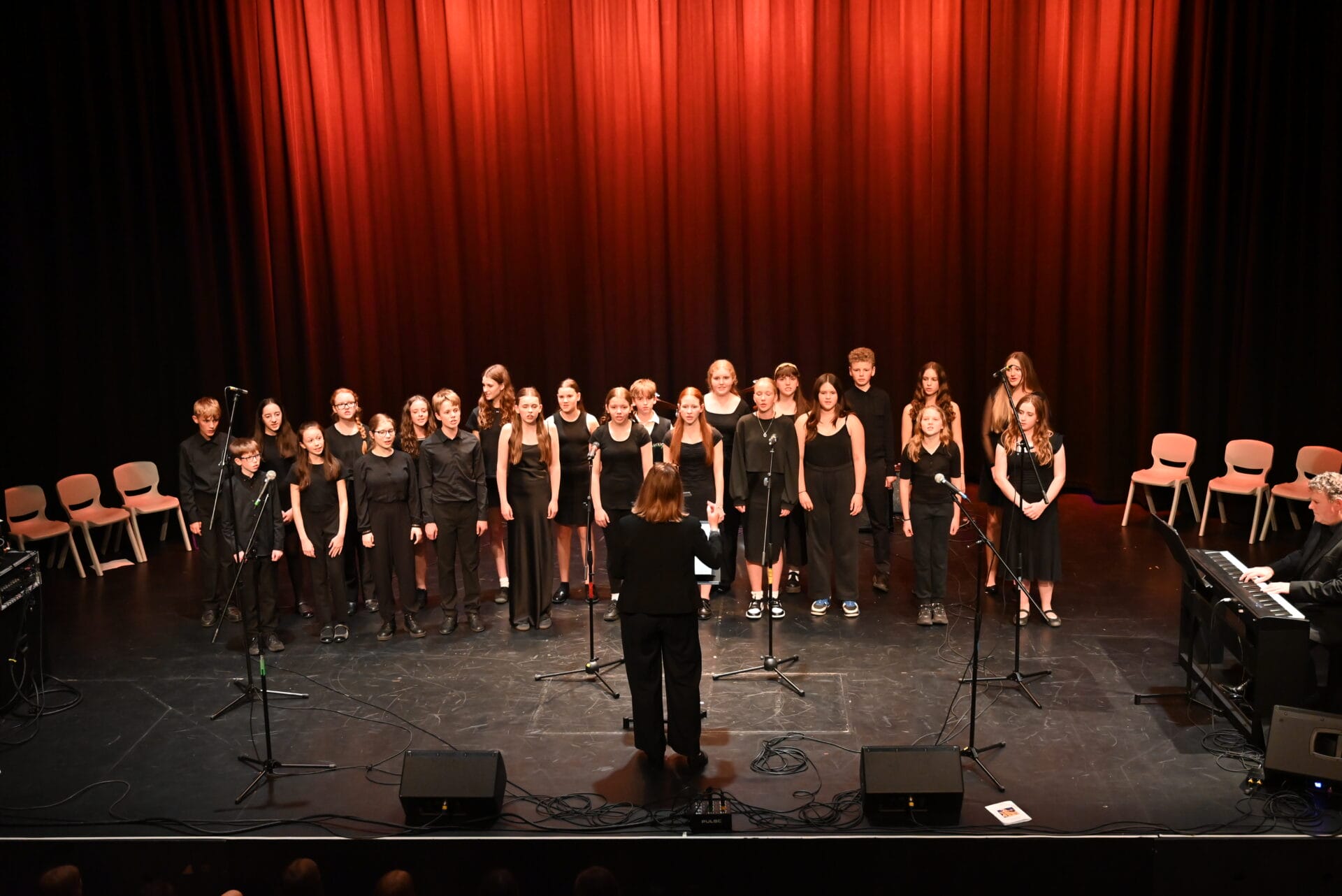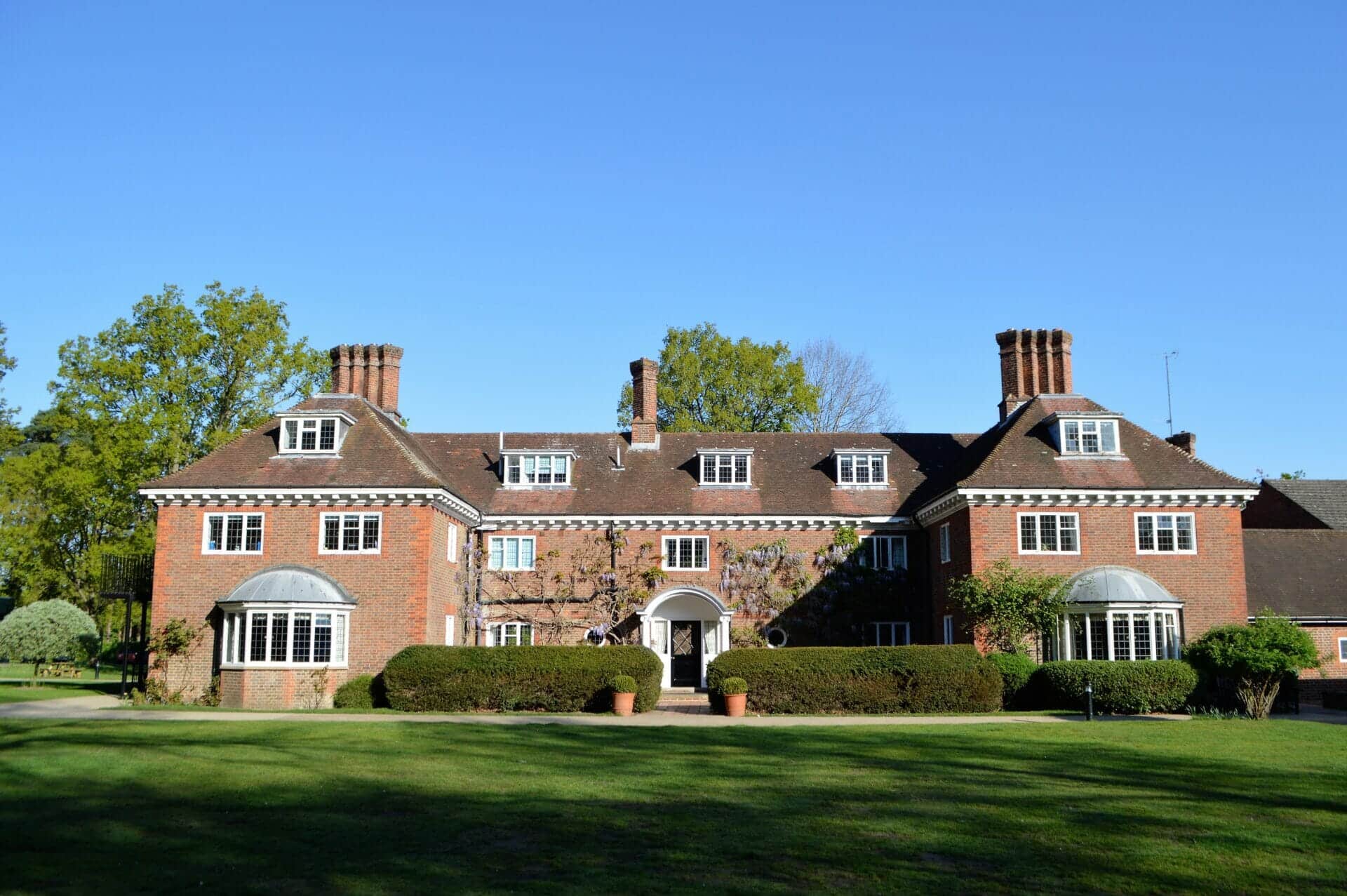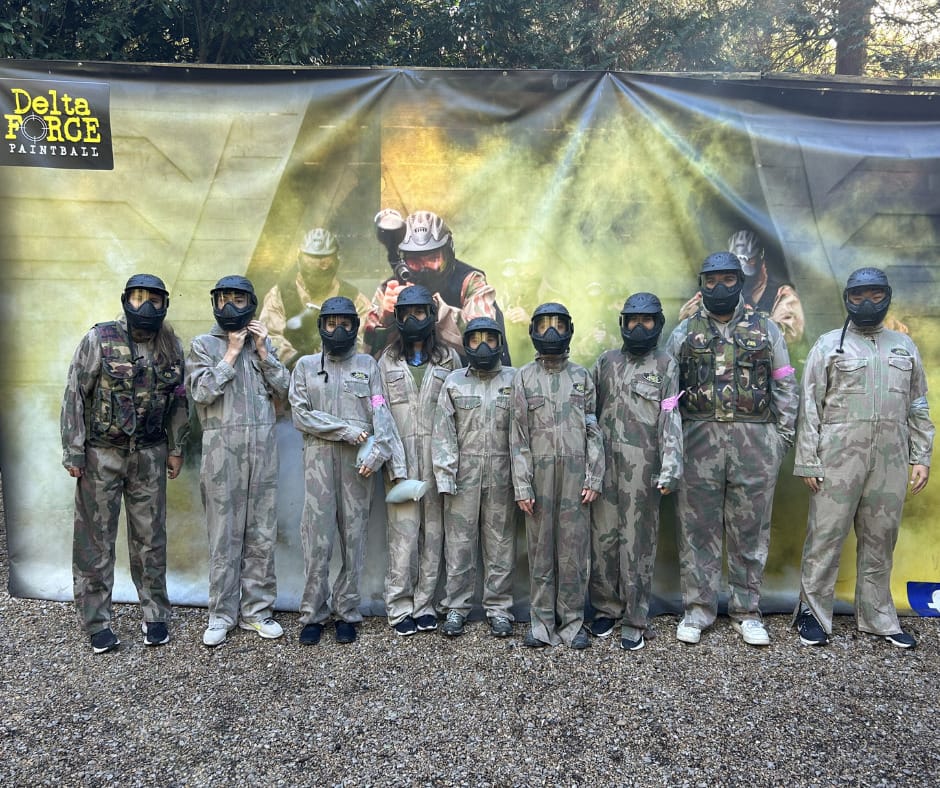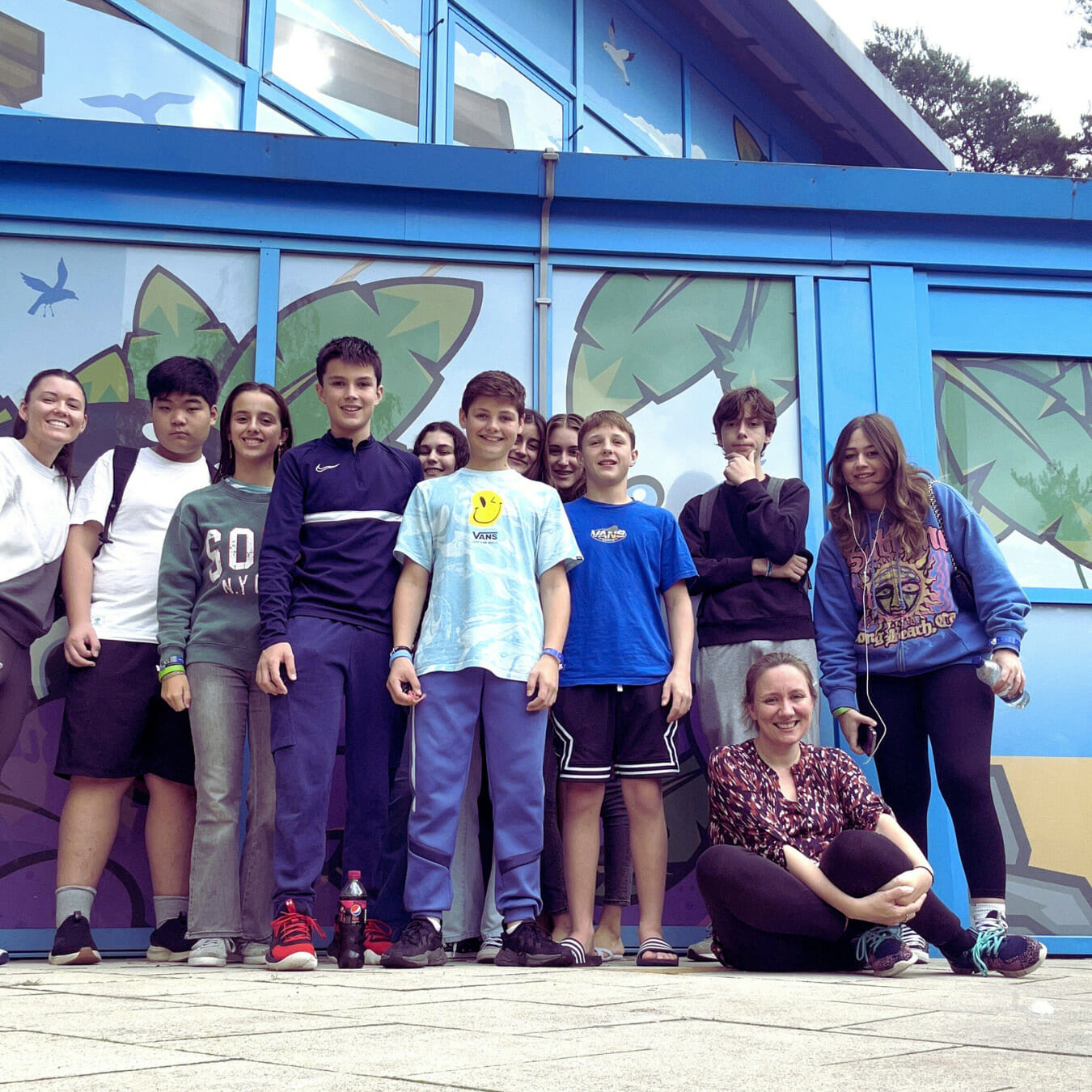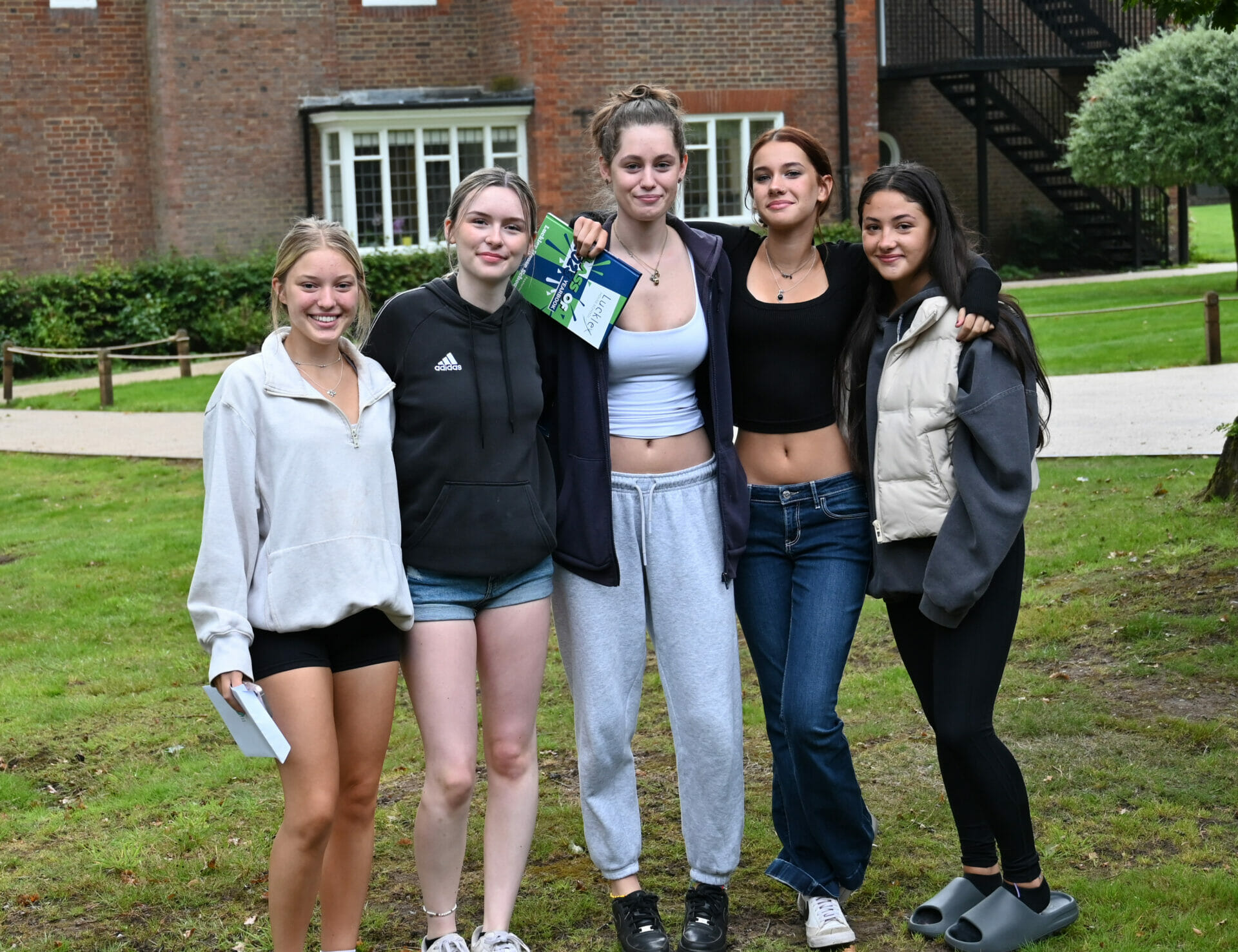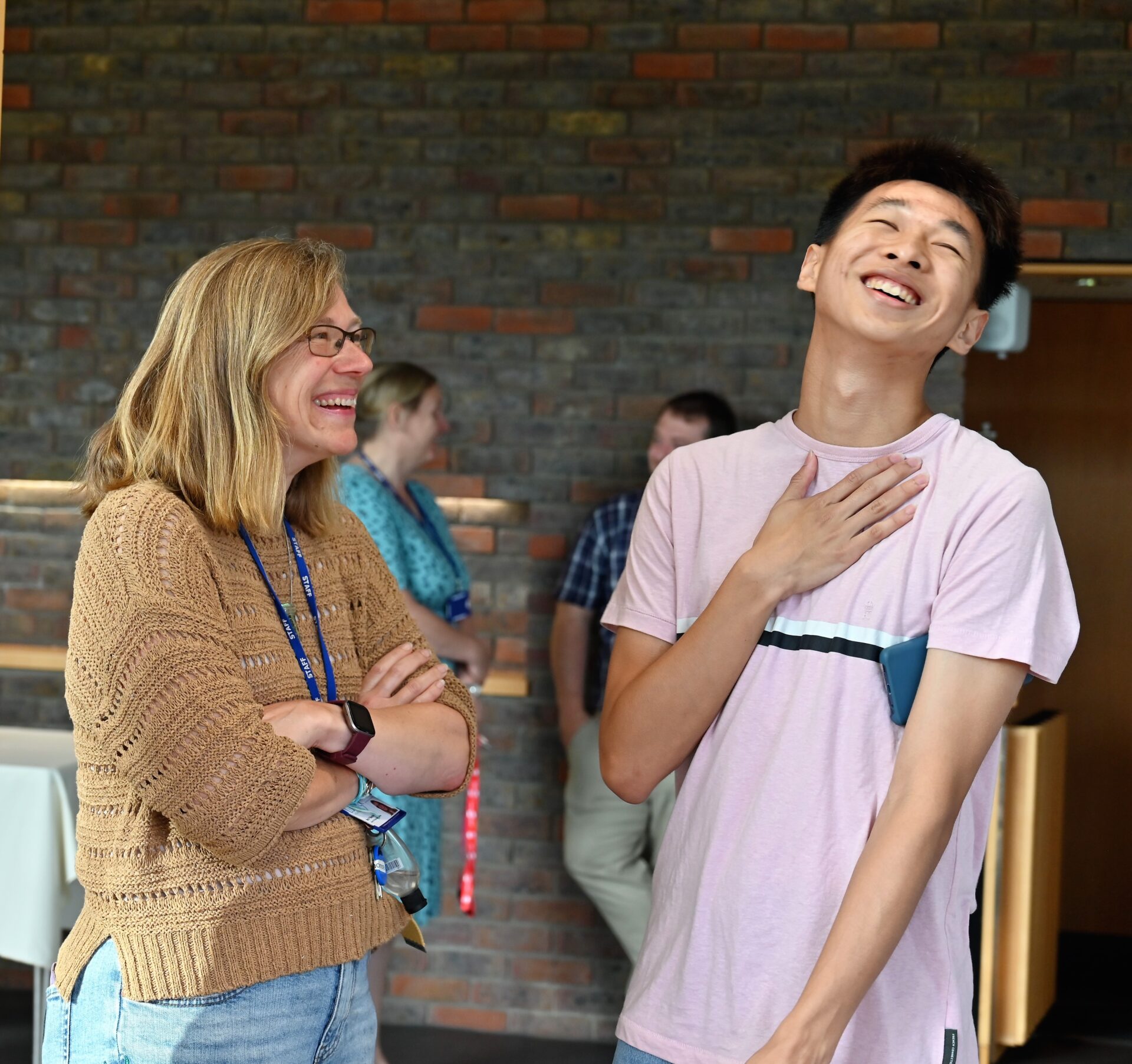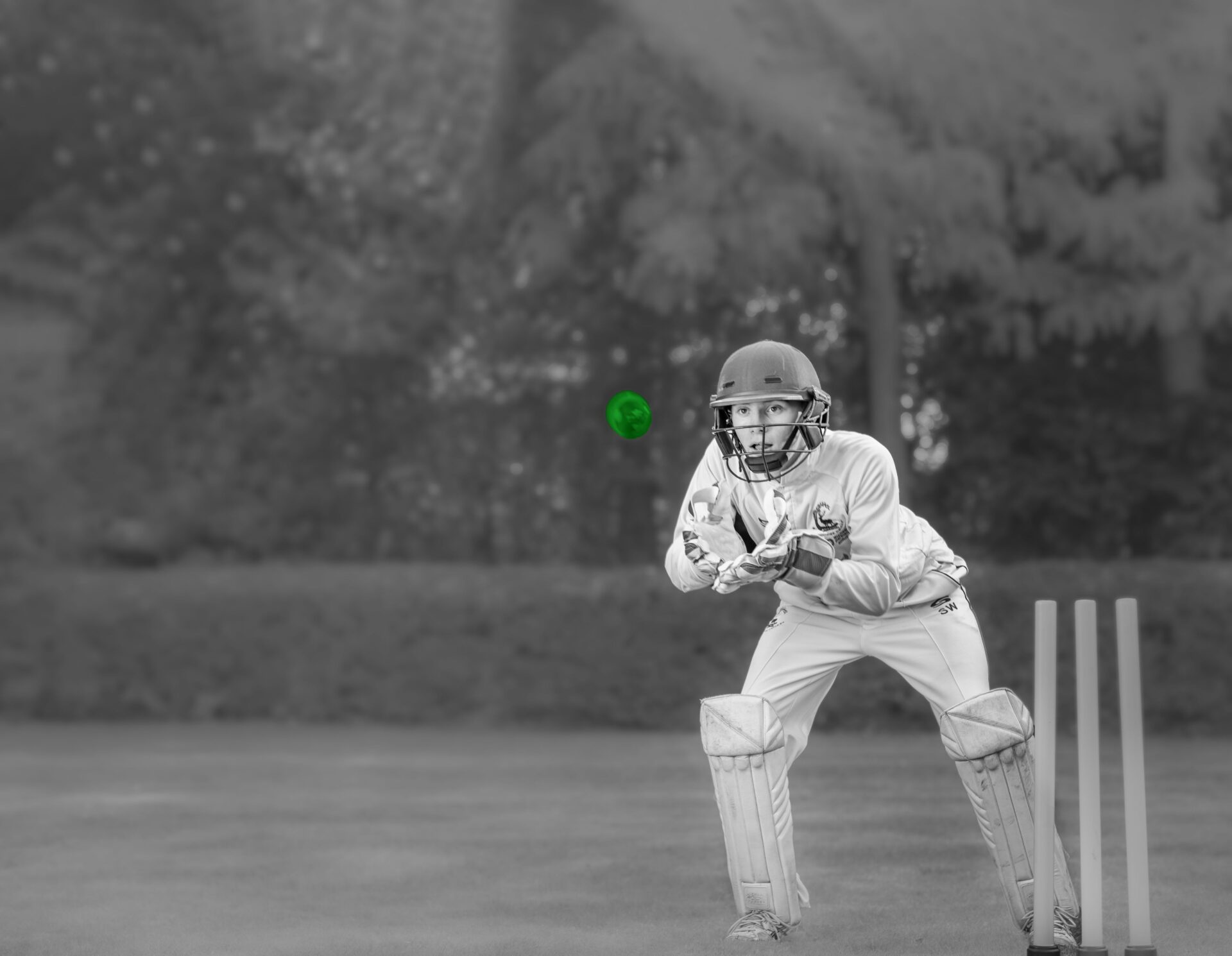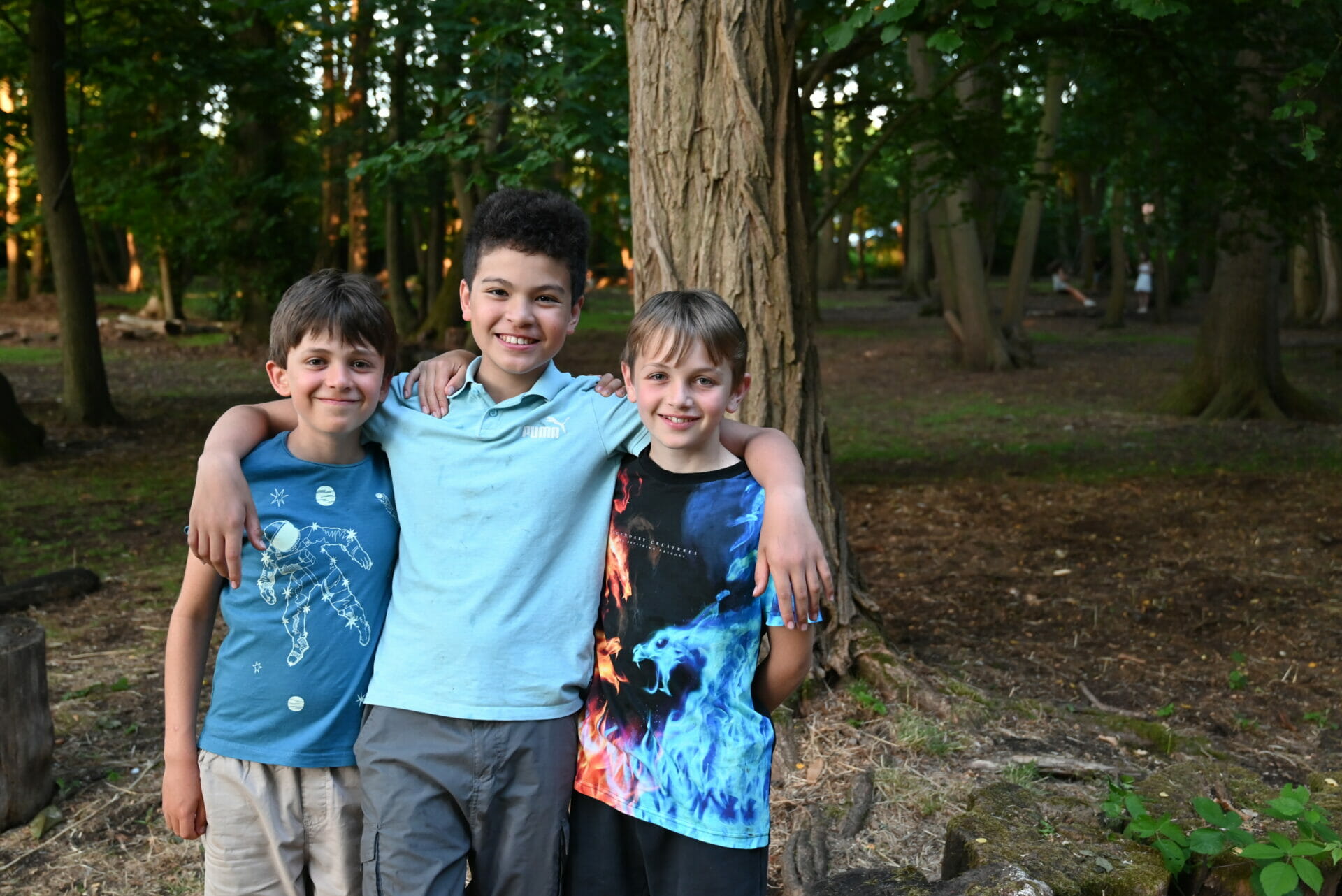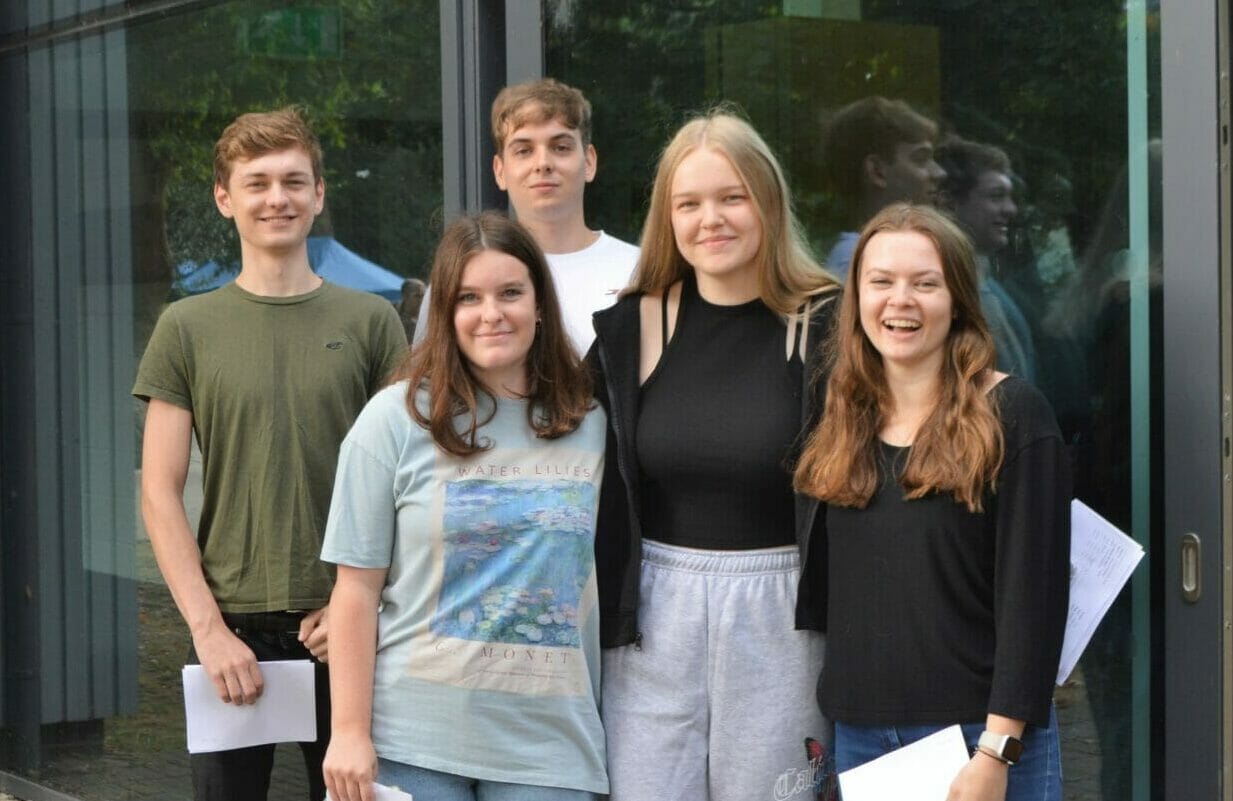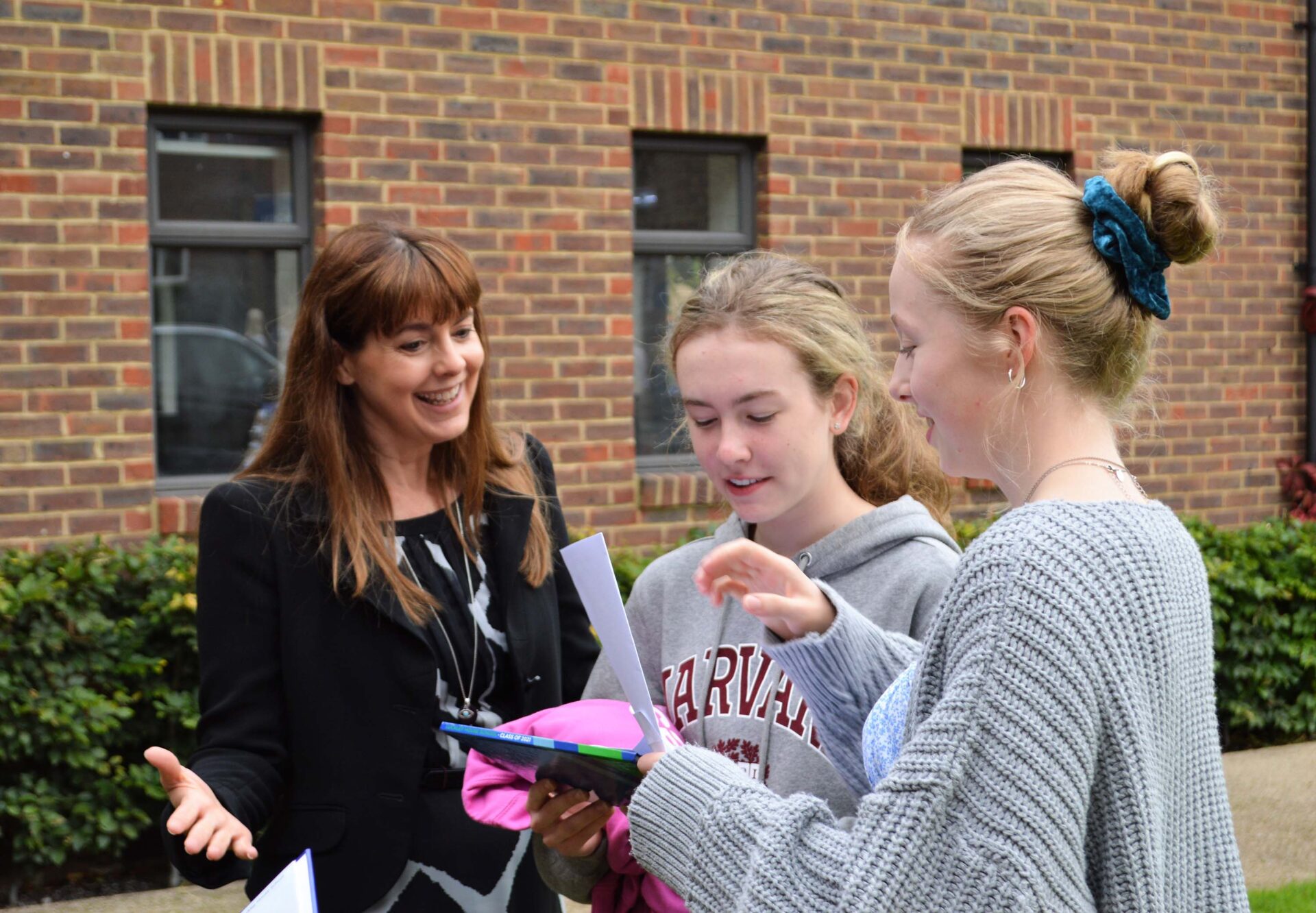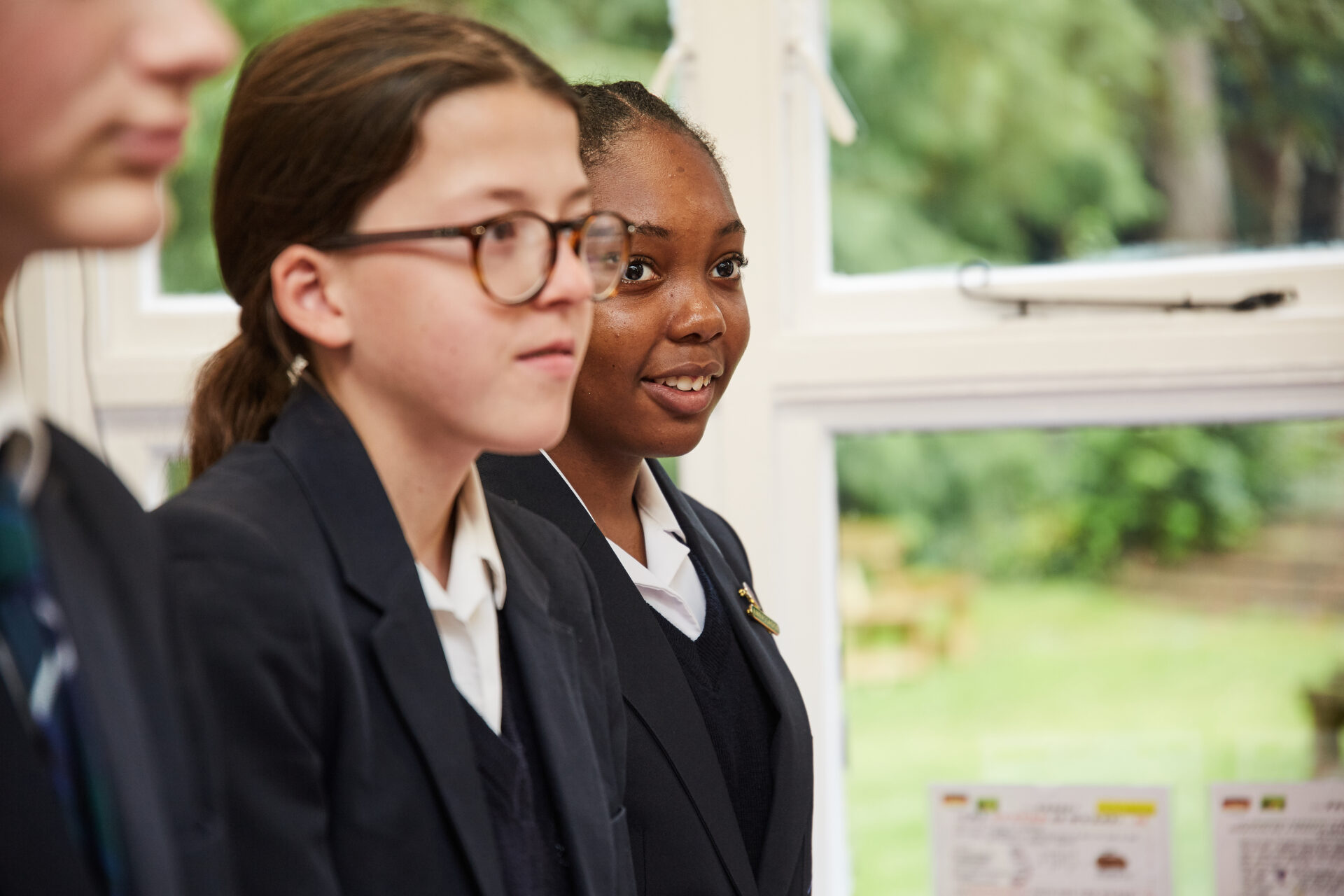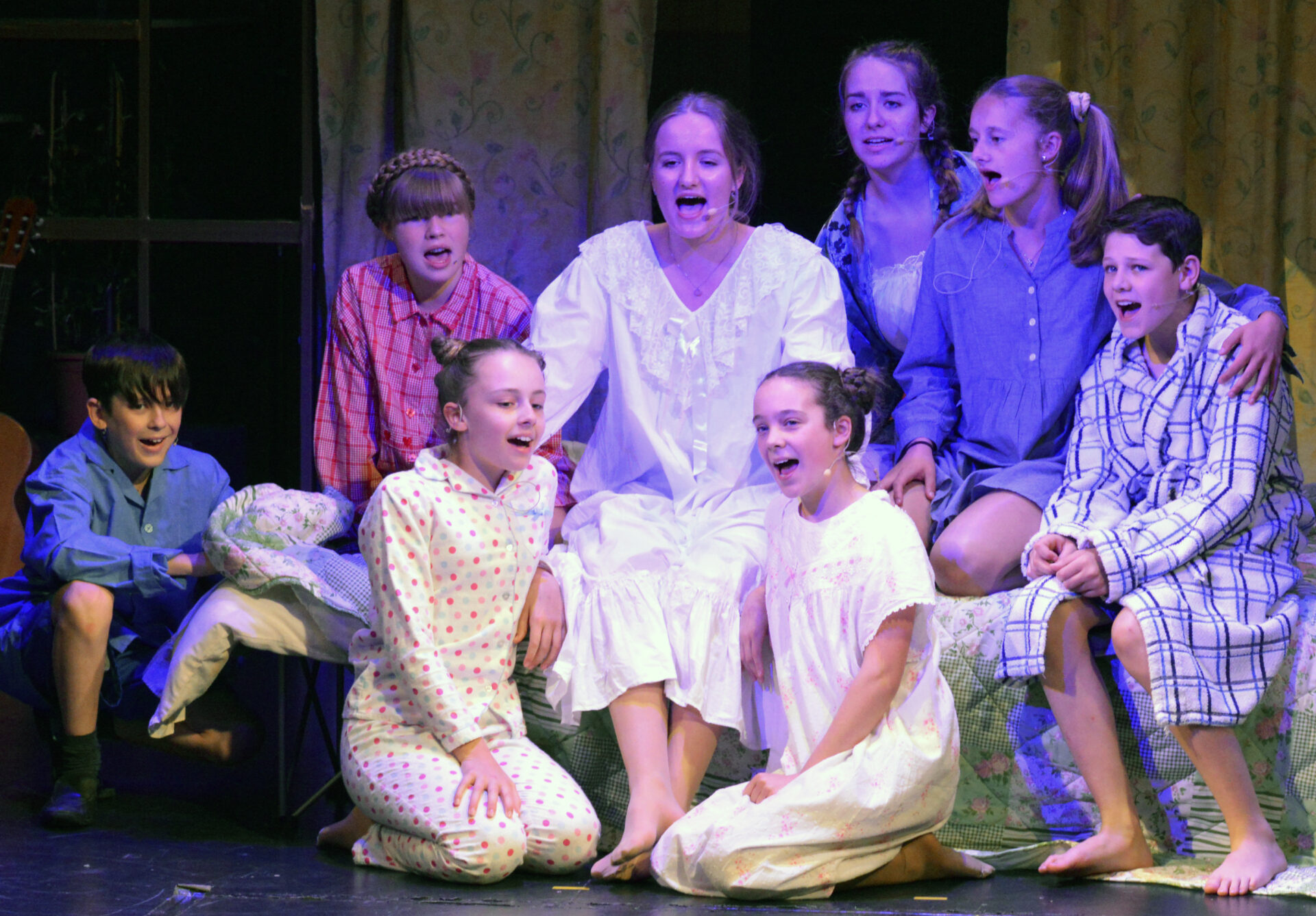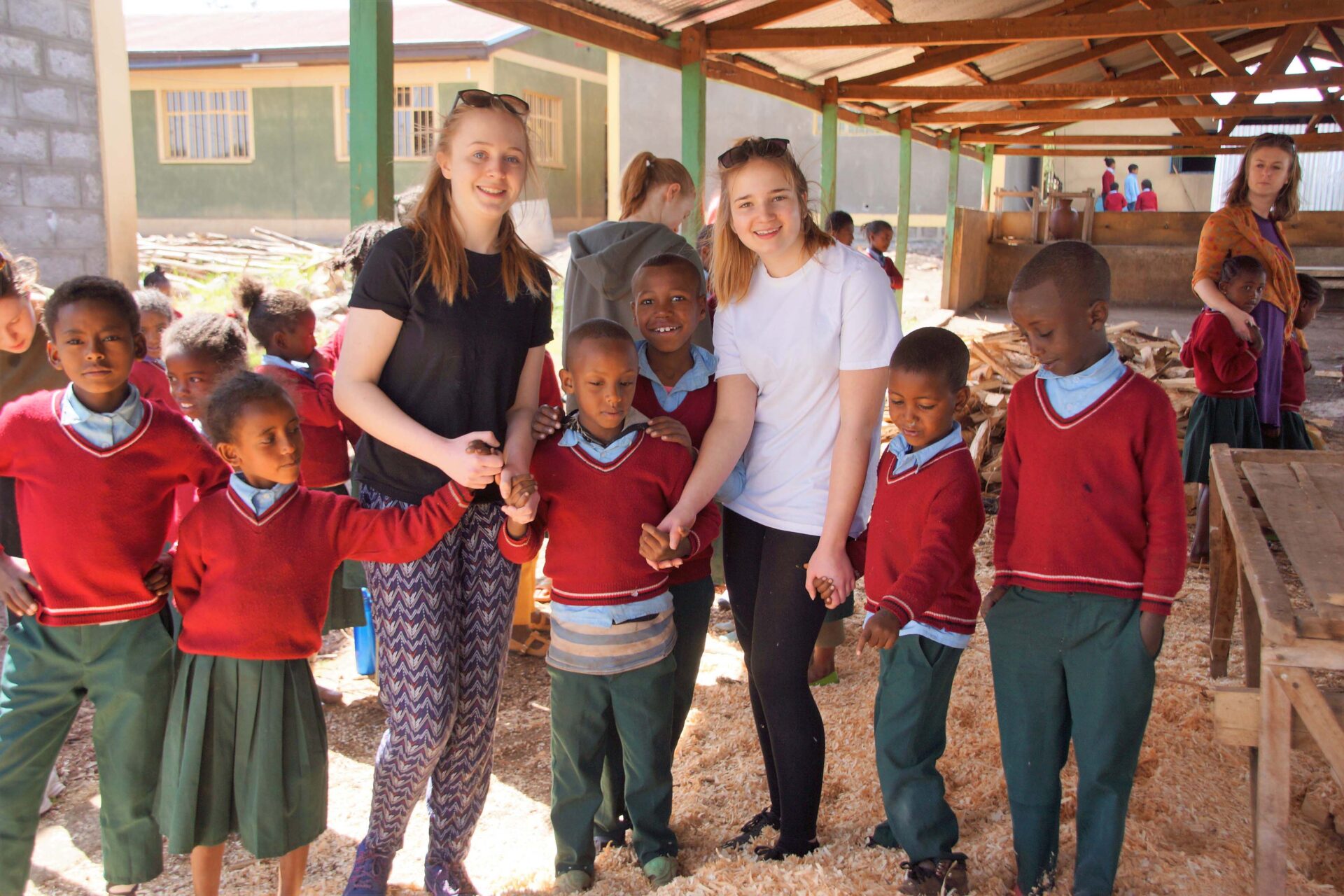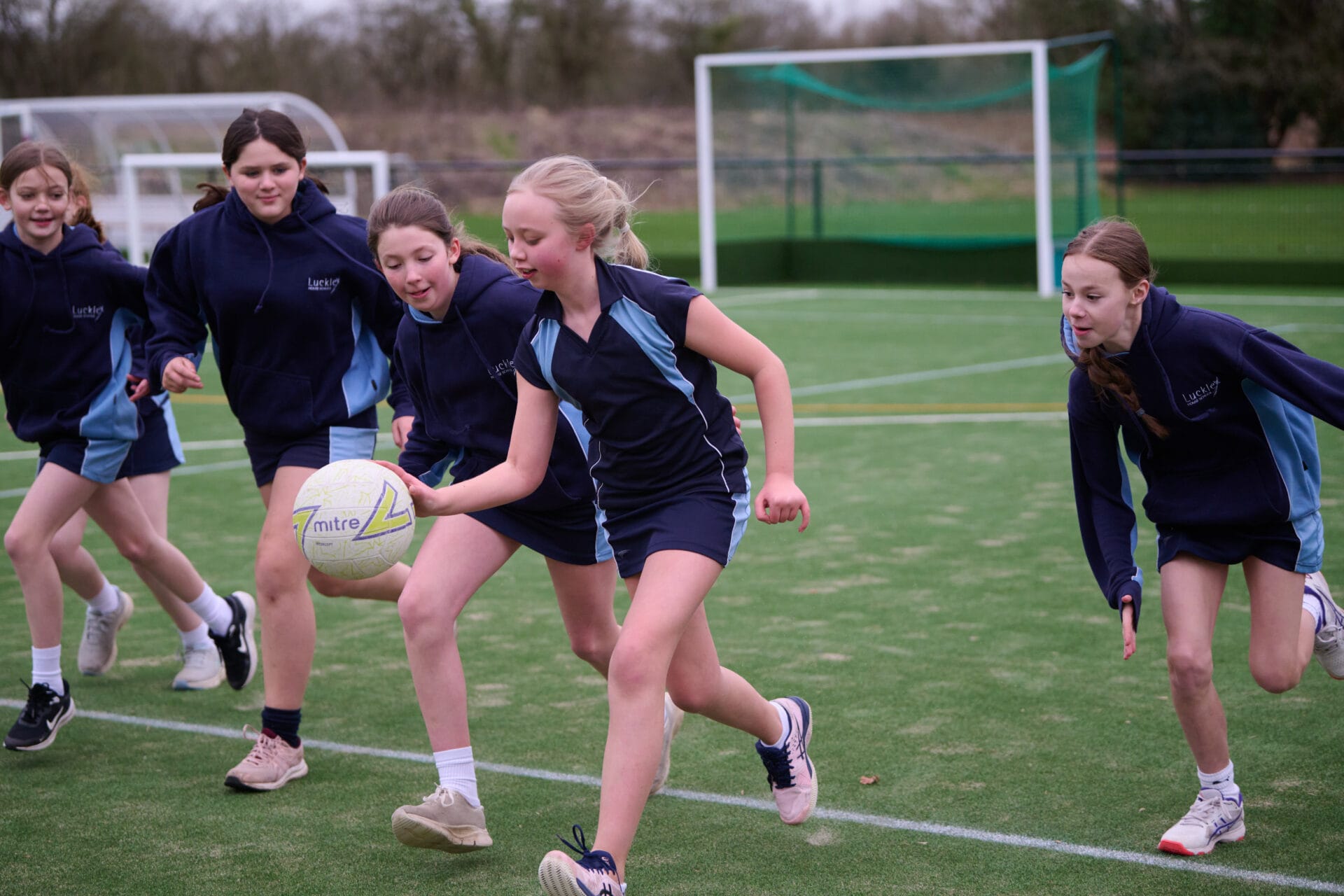
Sport has long been a cornerstone of school life, and its value extends far beyond the playing field. While physical fitness is often the most obvious benefit, sport also nurtures character, resilience, wellbeing, and community. It plays a vital role in a well-rounded education, helping pupils develop skills and qualities that will serve them throughout their lives.
At Luckley House School, an independent day and boarding school in Berkshire, we see sport as central to education and a key contributor to pupil success and happiness. Here, we explore why sport matters in schools and how it helps young people thrive both inside and outside the classroom.
Sport at LuckleyWhy Is Sport Important in Schools?
Physical Health and Fitness
Sport is essential for keeping young people healthy. Regular exercise strengthens bones and muscles, improves coordination, and helps pupils develop balance and agility. During the school years, a time of rapid growth and development, participating in sport provides a structured and safe way to build stamina, flexibility, and overall physical strength.
Beyond the obvious improvements in fitness, sport also plays a crucial role in shaping healthy habits that can last a lifetime. Young people who engage in regular physical activity at school are more likely to understand the value of moving their bodies, choosing active hobbies, and maintaining an active lifestyle as adults. This early foundation can help prevent lifestyle-related health issues later in life.
Active people often display higher energy levels throughout the day, better posture, and stronger immune systems.
Sports also encourage pupils to listen to their bodies, understand limits, and appreciate the connection between nutrition, rest, and performance.
Mental Health and Wellbeing
The benefits of sport extend far beyond the physical, playing a vital role in supporting mental health and emotional resilience. Exercise triggers the release of endorphins, the body’s natural “feel-good” chemicals, which help reduce stress, anxiety, and low mood. Regular participation in sport has also been shown to improve sleep quality, leaving pupils more alert, focused, and ready to engage in their studies and daily activities.
Beyond these physiological effects, sport helps pupils build self-esteem and a sense of achievement. Setting and reaching personal goals, whether learning a new skill, improving a personal best, or contributing meaningfully to a team performance, gives young people a tangible sense of progress. These successes, no matter how small, reinforce self-belief and encourage a growth mindset that extends beyond the playing field.
Character and Life Skills
Sport is often described as character-building, and for good reason. Participation in sport teaches young people essential qualities such as discipline, perseverance, and resilience. Regular training, preparation for matches, and striving to improve personal performance help pupils develop the focus and determination needed to overcome challenges both on and off the field.
Matches and competitions provide invaluable lessons in handling both success and disappointment with maturity and grace. Learning to win graciously and accept setbacks constructively builds emotional intelligence and a mindset geared towards self-improvement. These experiences help pupils develop a sense of responsibility for their actions and an understanding of the effort required to achieve meaningful goals.
Sport also fosters leadership and teamwork. Pupils can take on leadership roles by captaining a team, mentoring younger players, or organising group activities.
These character-building experiences encourage pupils to take initiative, manage their time effectively, and develop a sense of accountability. Whether learning to stick to a training schedule, supporting peers during a tough match, or leading a team through challenges, the lessons learned in sport equip pupils with qualities that will benefit them throughout school and into adulthood.
Social Skills and Community
Sport creates a strong sense of belonging. Whether taking part in a competitive fixture or joining a lunchtime club, children learn to collaborate, share goals, and celebrate the achievements of others. Working together towards a common objective teaches pupils the importance of cooperation, listening, and supporting one another.
Teamwork is at the heart of this experience. Pupils quickly discover that success often depends on collective effort, not just individual talent. By learning to communicate effectively, motivate teammates, and navigate challenges together, young people develop empathy, patience, and resilience.
Inclusion is a key aspect of school sport. A strong school sport programme ensures there are opportunities for all pupils, from elite athletes to those who simply enjoy participating for fun and social connection.
Academic and Cognitive Benefits
Research consistently shows that active pupils perform better academically. Physical activity increases blood flow to the brain, which can enhance concentration, memory, and problem-solving abilities. Pupils who engage regularly in sport often return to the classroom with sharper focus, greater mental clarity, and improved cognitive function, making learning more effective and enjoyable.
Participating in sport also teaches pupils to manage time, set goals, and maintain discipline. Balancing lessons, homework, and training schedules encourages organisation and prioritisation, helping young people develop effective study habits alongside their sporting pursuits.
Furthermore, sport provides a healthy outlet for stress and mental fatigue, allowing pupils to recharge and approach academic challenges with renewed energy. The confidence gained from achieving goals on the field often carries over to the classroom, motivating pupils to take on new challenges and persevere even when tasks are difficult.
In this way, sport acts as a complement to classroom learning, offering a holistic approach to education. By supporting both mental agility and emotional resilience, it helps pupils achieve their full potential academically while fostering a balanced, healthy approach to school life.
Opportunities Beyond the Classroom
Sport at school offers experiences that extend learning, personal growth, and independence beyond the classroom. From inter-house competitions to county and regional representation, pupils have opportunities to challenge themselves, develop new skills, and gain a sense of achievement on multiple levels.
Trips, training camps, and international tours further enrich the sporting journey, allowing pupils to experience different cultures, build independence, and broaden their horizons.
For those with exceptional talent, school sport can serve as a pathway to higher-level competition, scholarships, or even professional careers.
Sport at Luckley
At Luckley House School, a co-educational independent school in Berkshire, sport plays a central role in pupil life. Our aim is to develop the athletic potential of every young person, supporting both elite performance and confidence for all.
Pupils benefit from a broad curriculum and co-curricular programme, including athletics, football, rugby, hockey, netball, cricket, tennis, swimming, horse riding, gymnastics, climbing, and more, alongside our Athlete Development Programme tailored to all abilities.
With outstanding facilities, including sports halls, multi-use games areas, fitness and functional training suites, and offsite venues for cross-country, football, hockey, and cricket, pupils enjoy competitive fixtures, House competitions, and national tournaments, as well as tours abroad.
Across all activities, we focus on developing resilience, teamwork, problem-solving, physical literacy, and healthy, active lifestyles, helping every pupil thrive both in sport and beyond school.
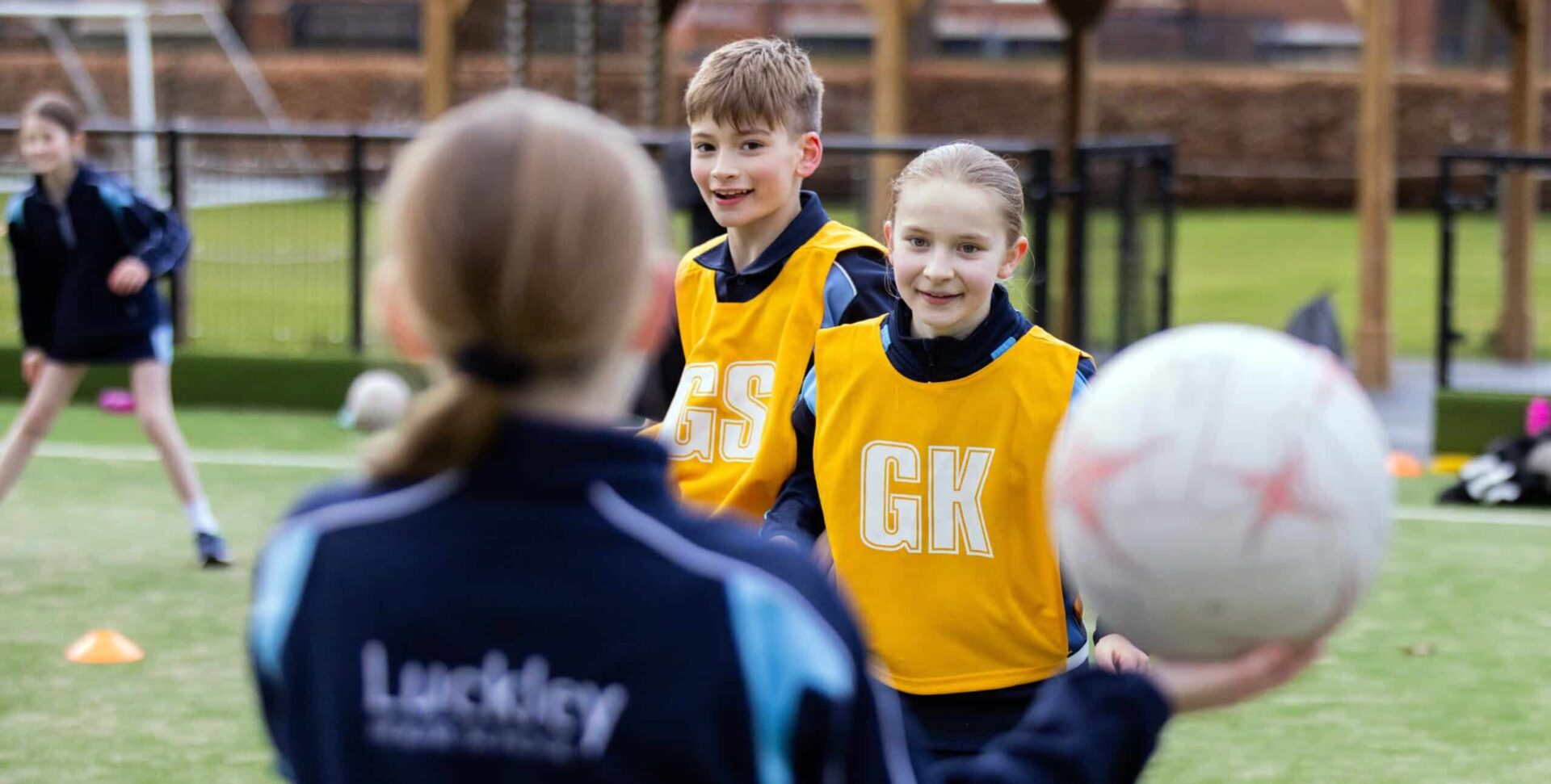
Sport is a vital part of a well-rounded education, helping pupils build confidence, resilience, teamwork, and a lifelong love of activity. At Luckley House School, sport is seamlessly woven into daily life, giving every pupil the chance to challenge themselves, discover new skills, and enjoy the benefits of both recreational and competitive activity.
Visiting the school is the best way to experience our vibrant community, explore our facilities, and meet our passionate staff and pupils. Book a visit today and discover how Luckley House can support your child to thrive both in sport and in life.
Book a Visit